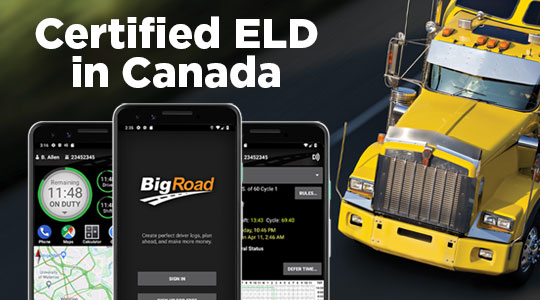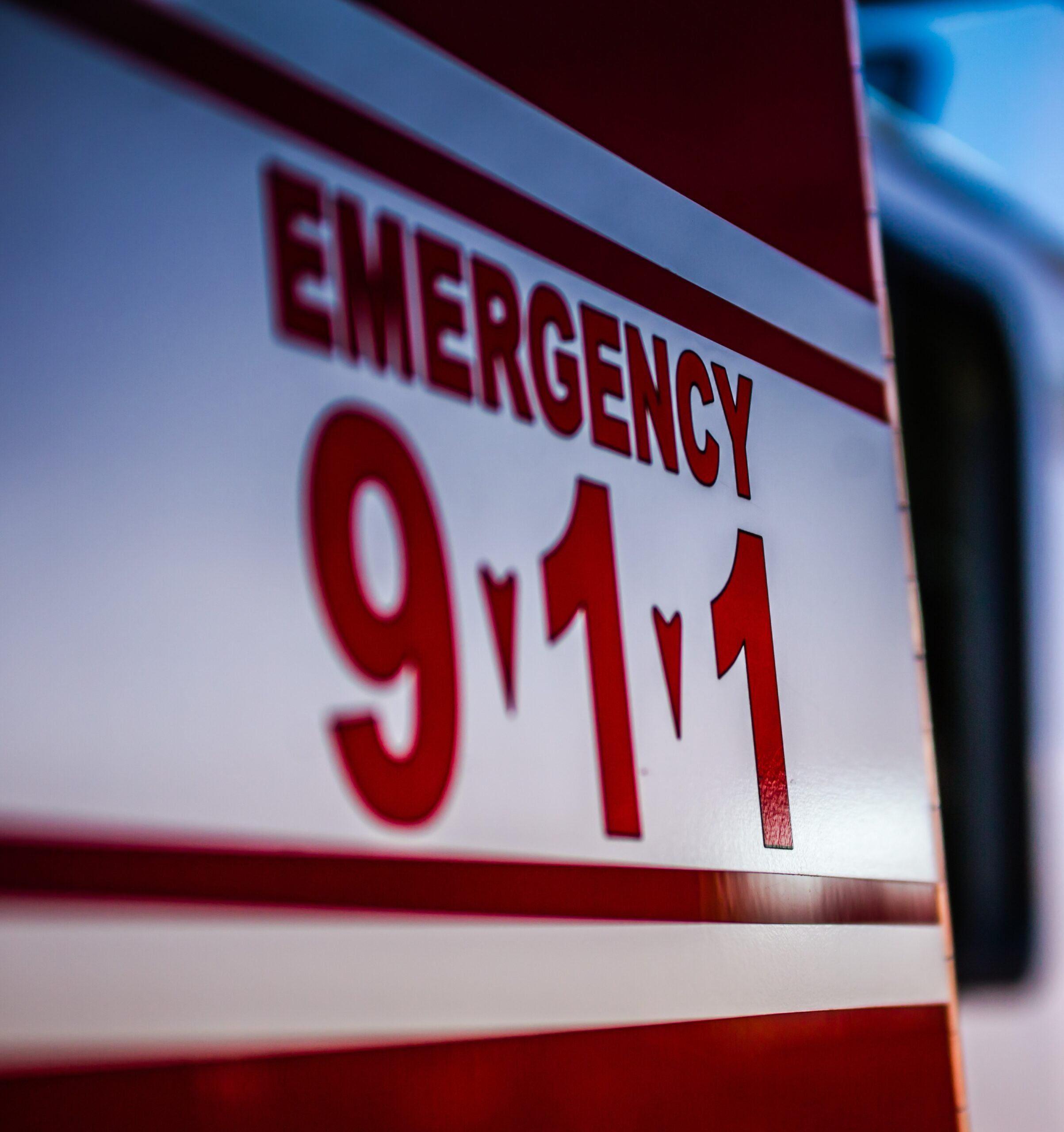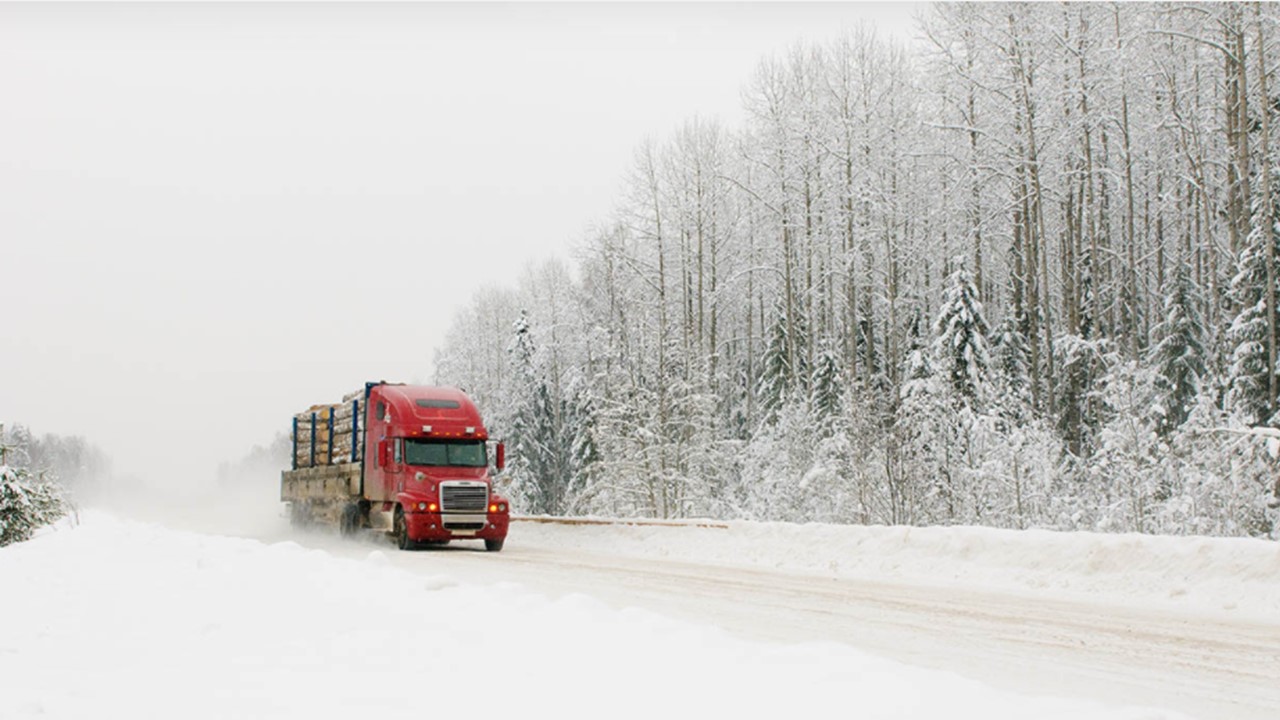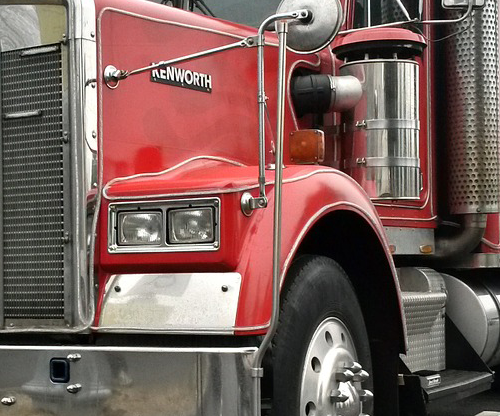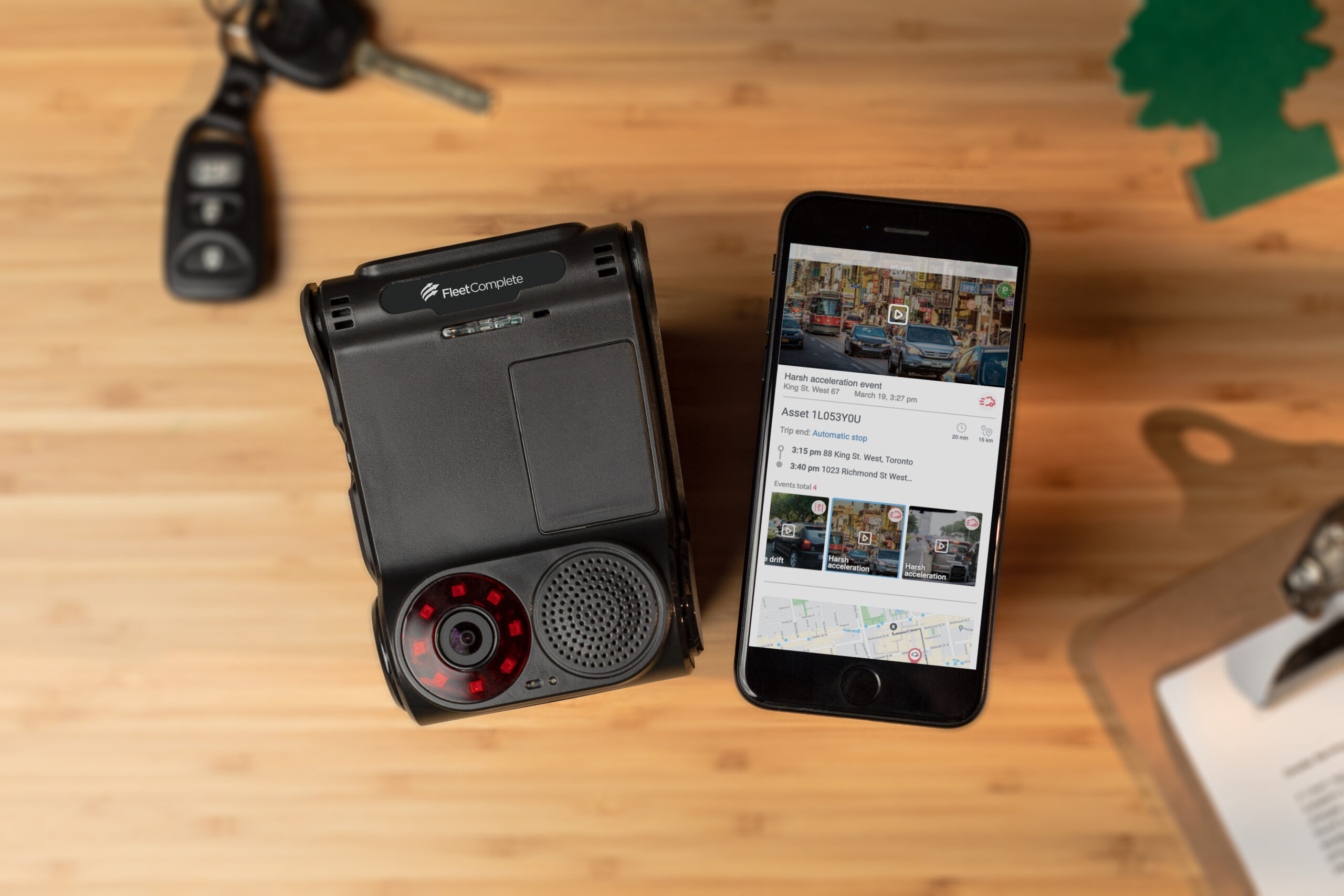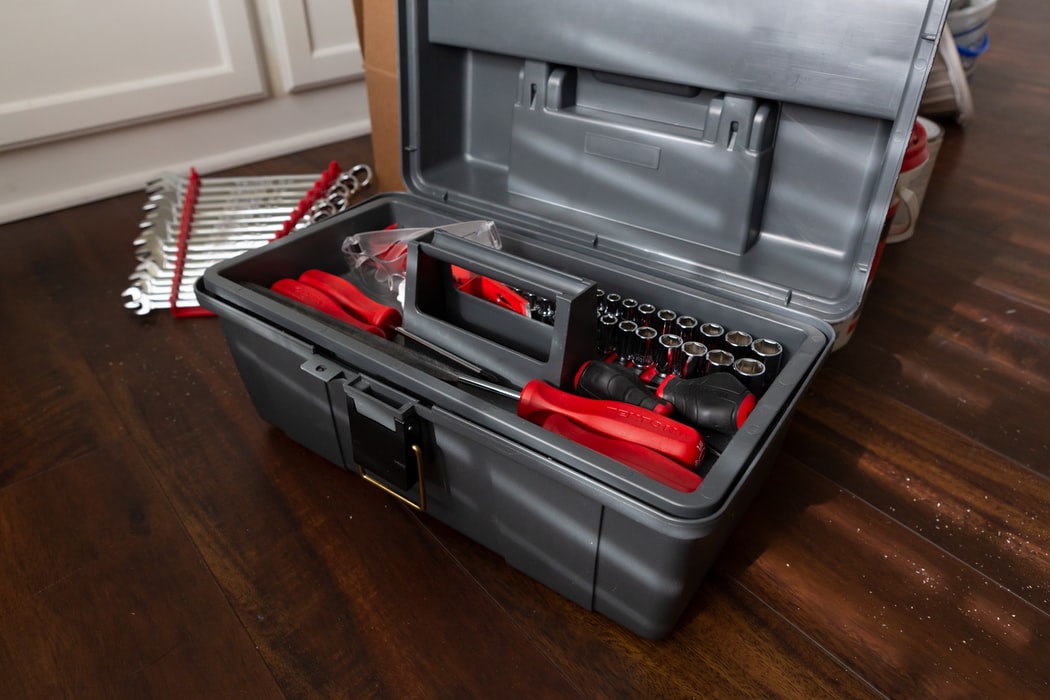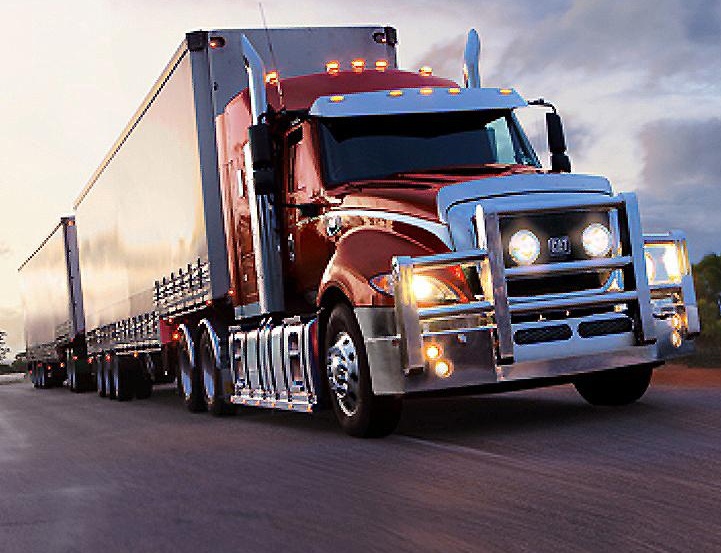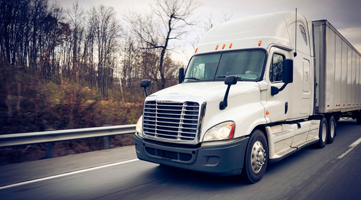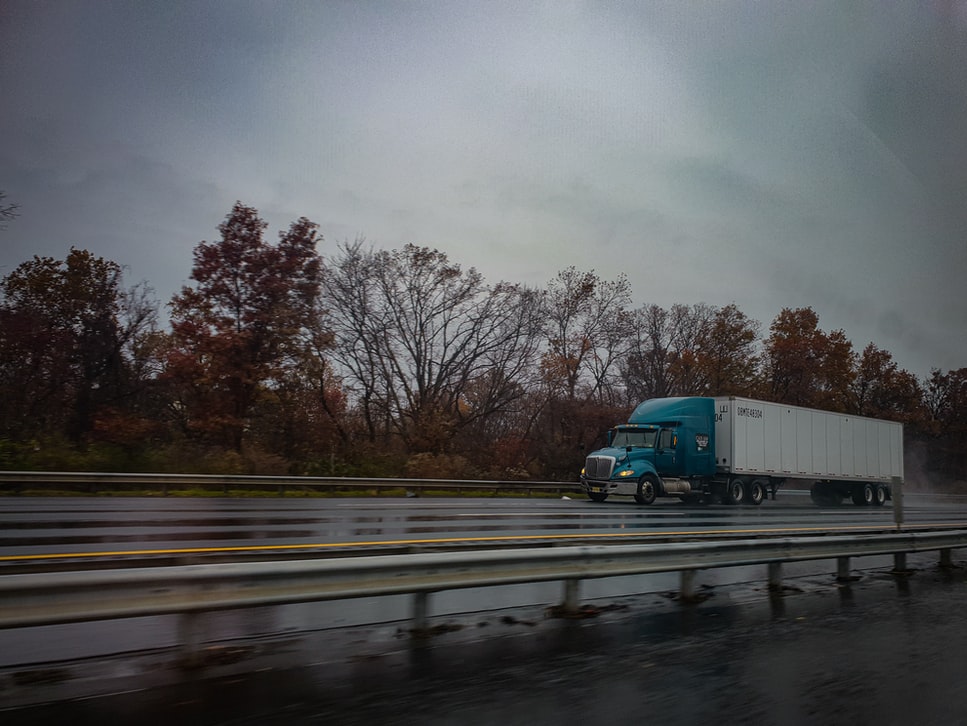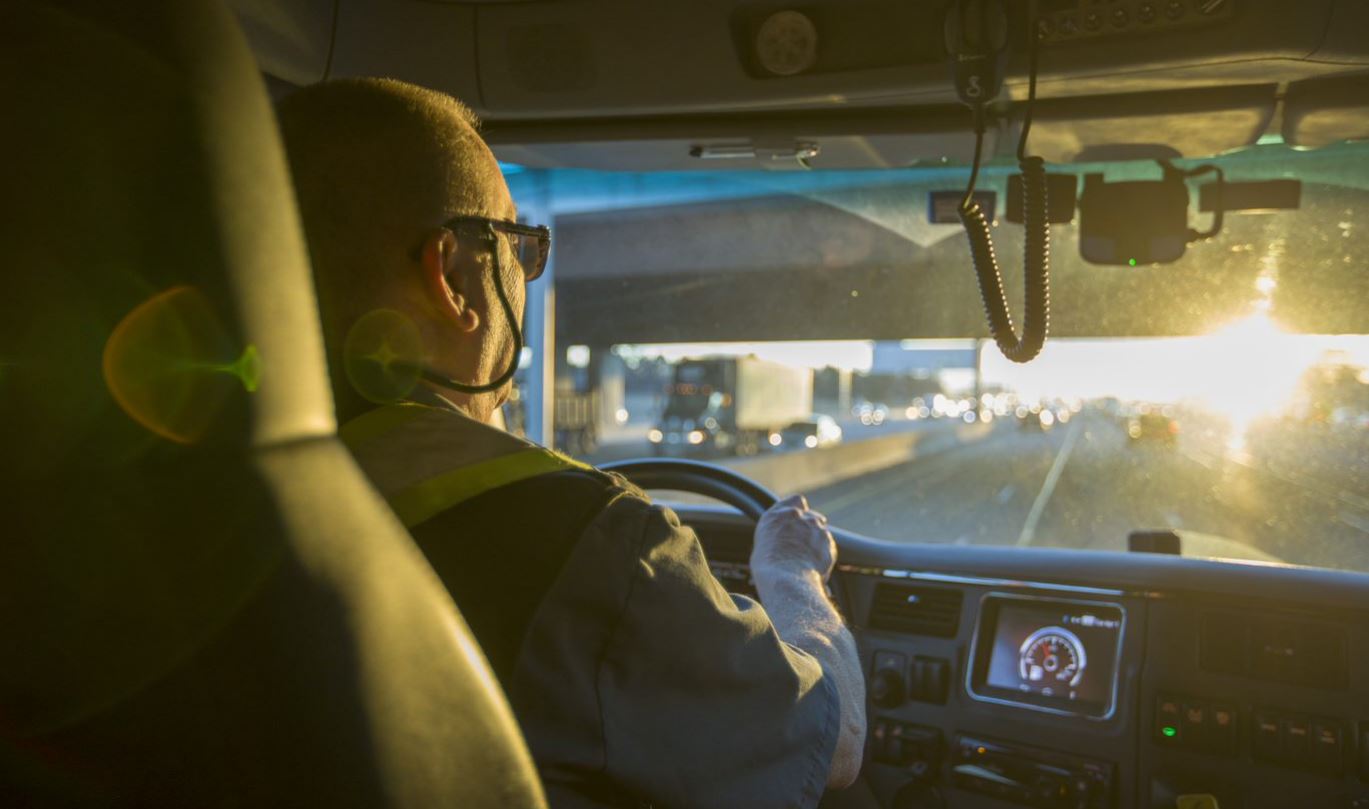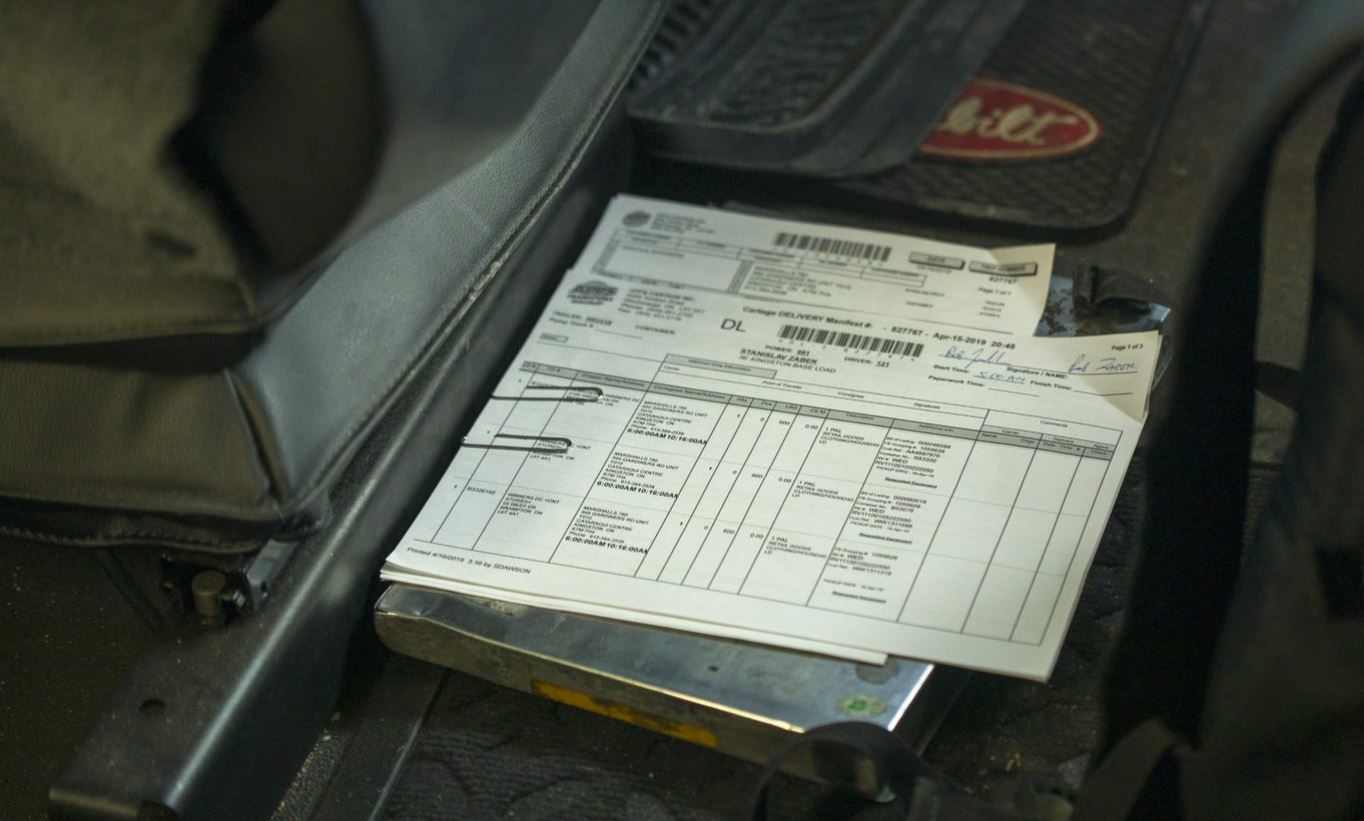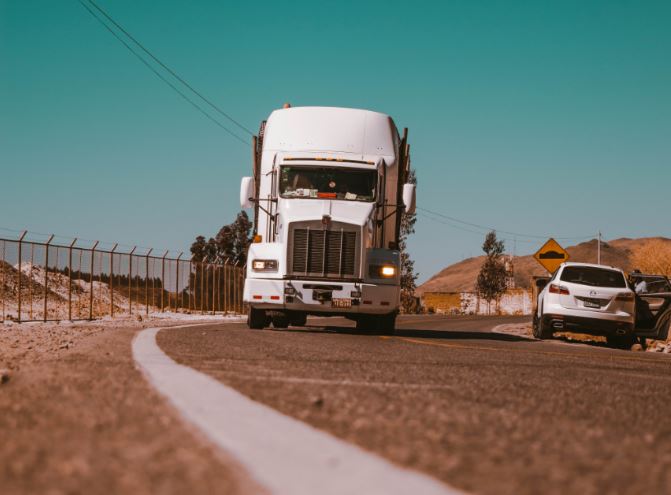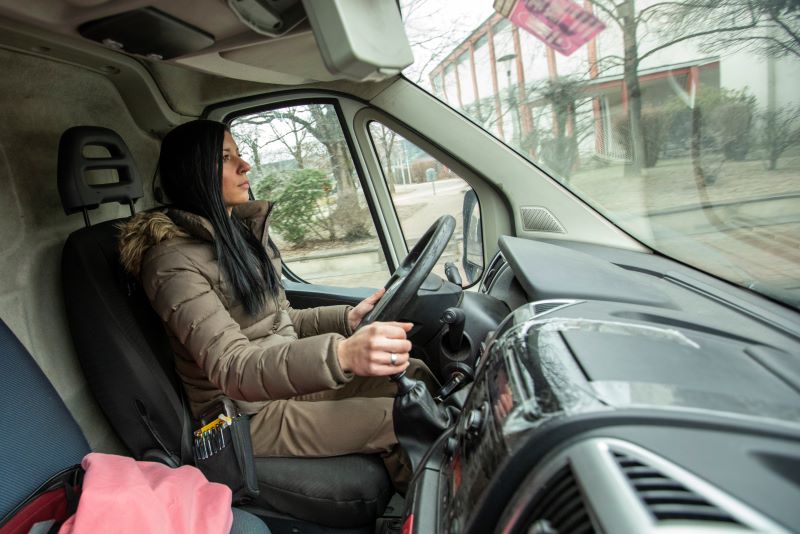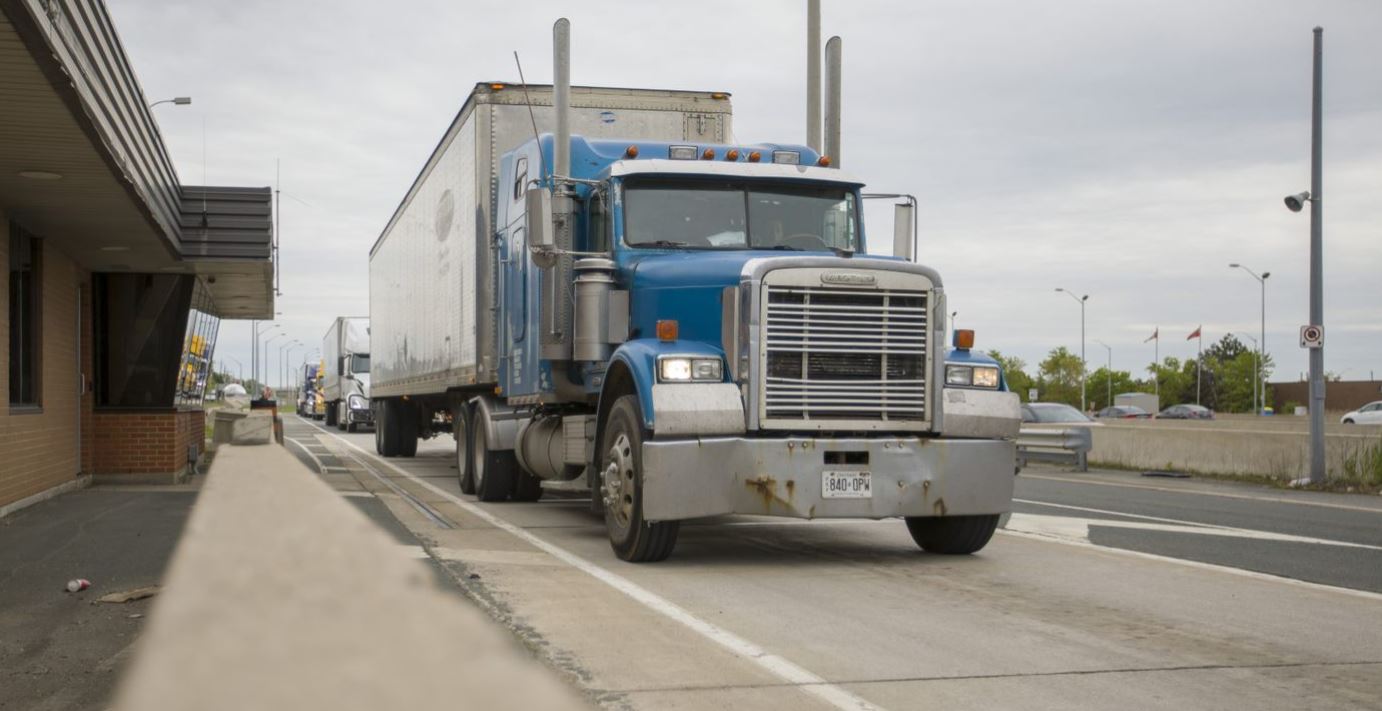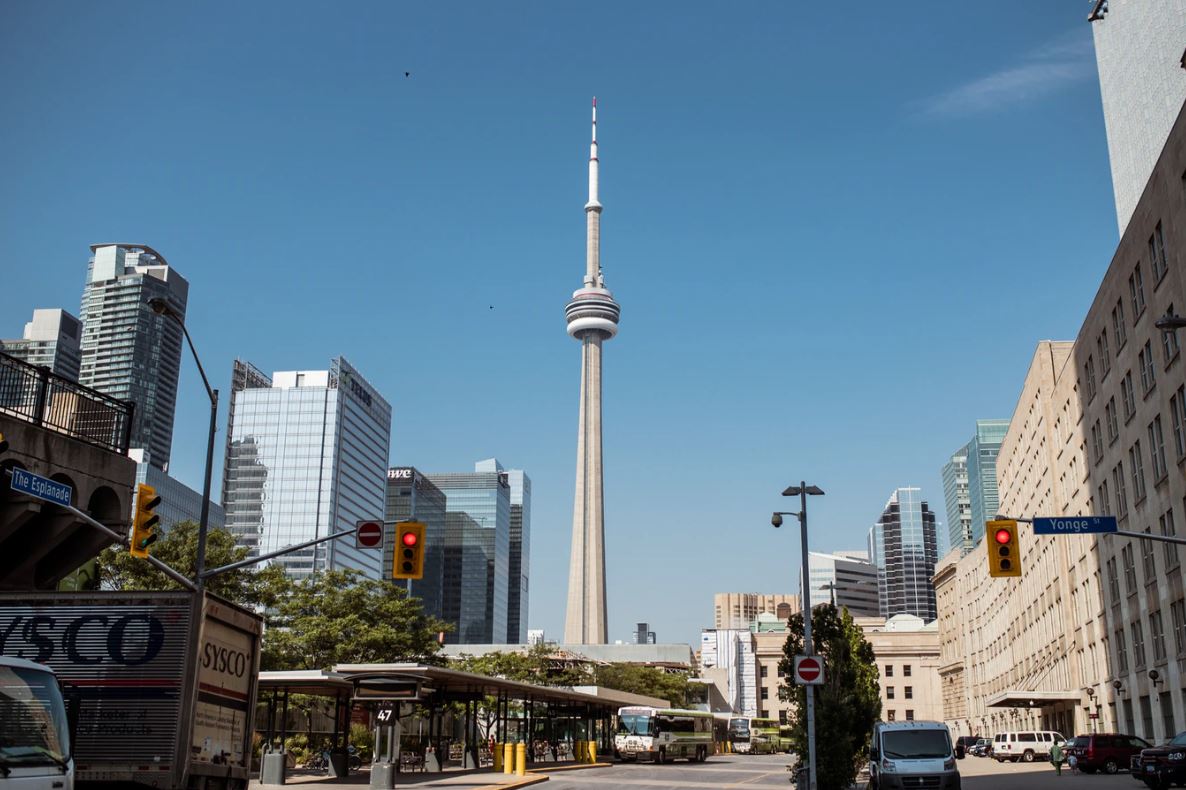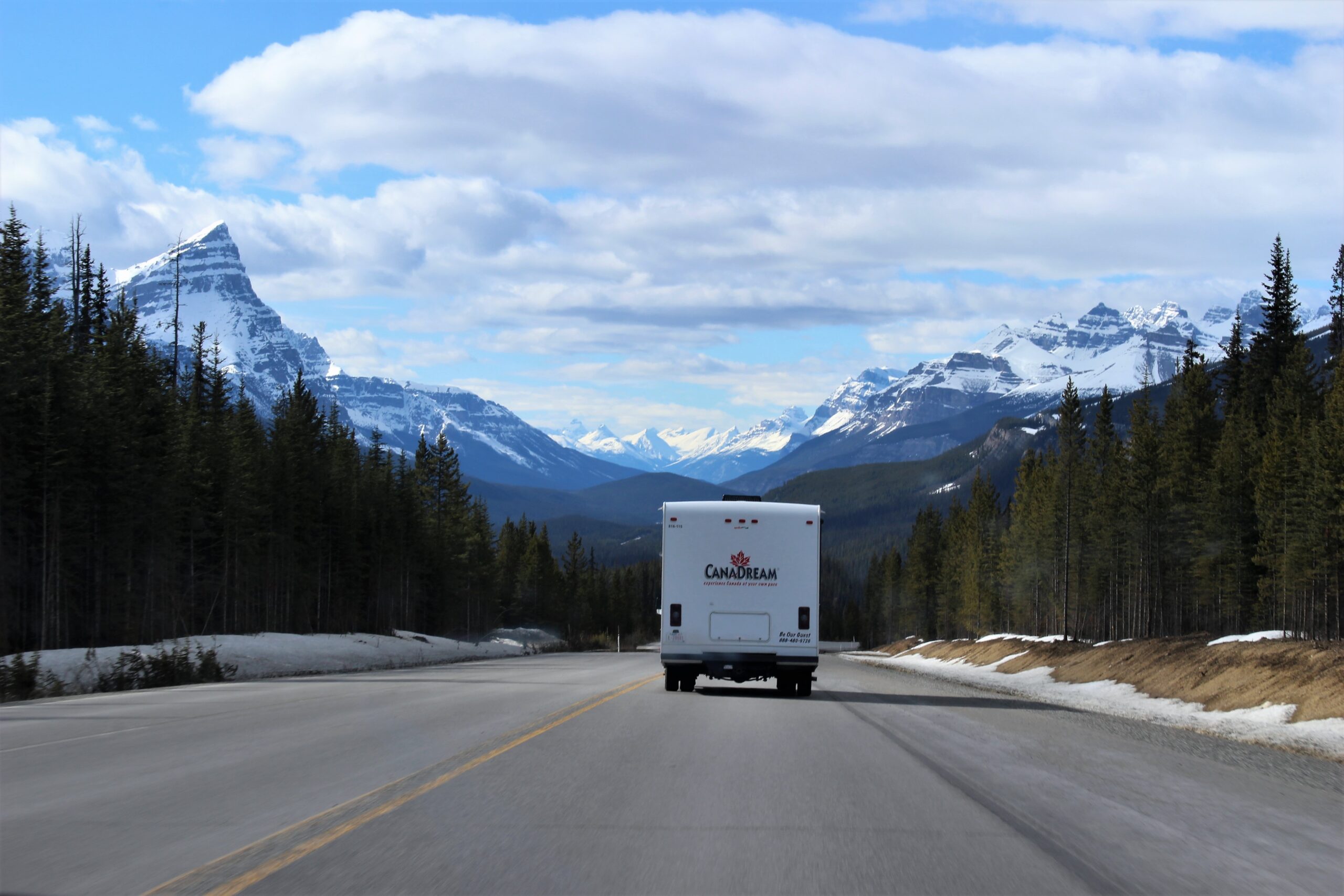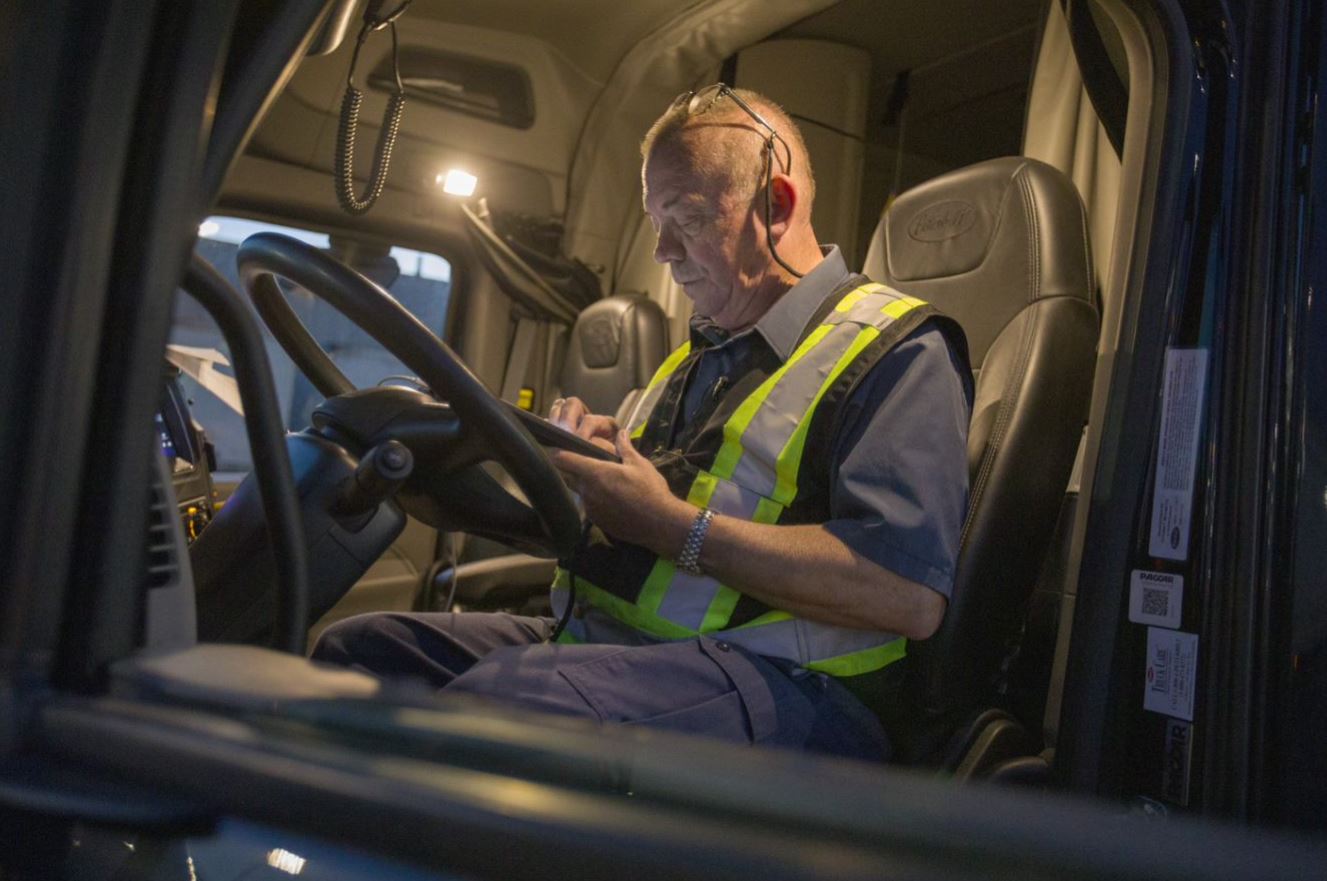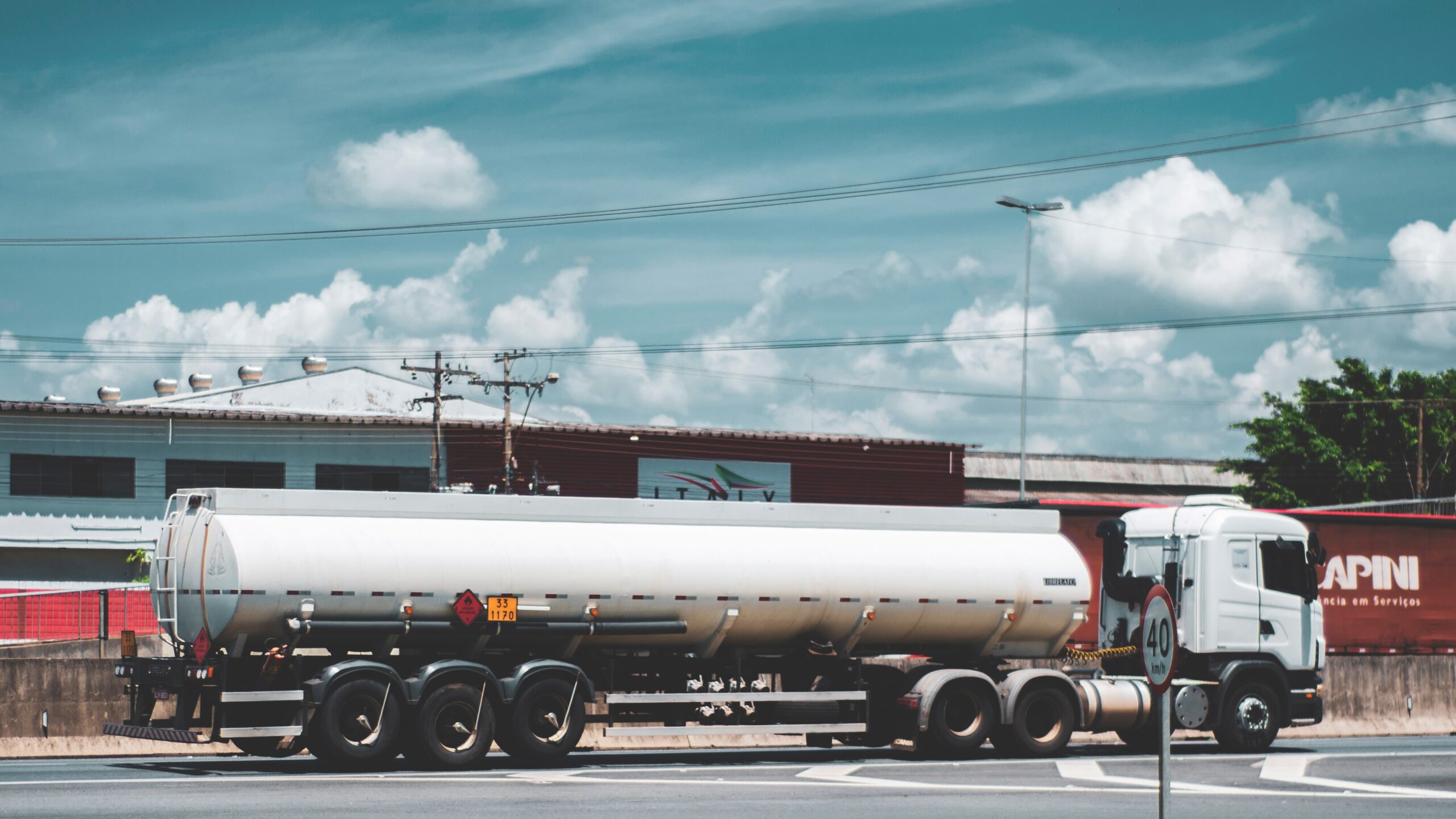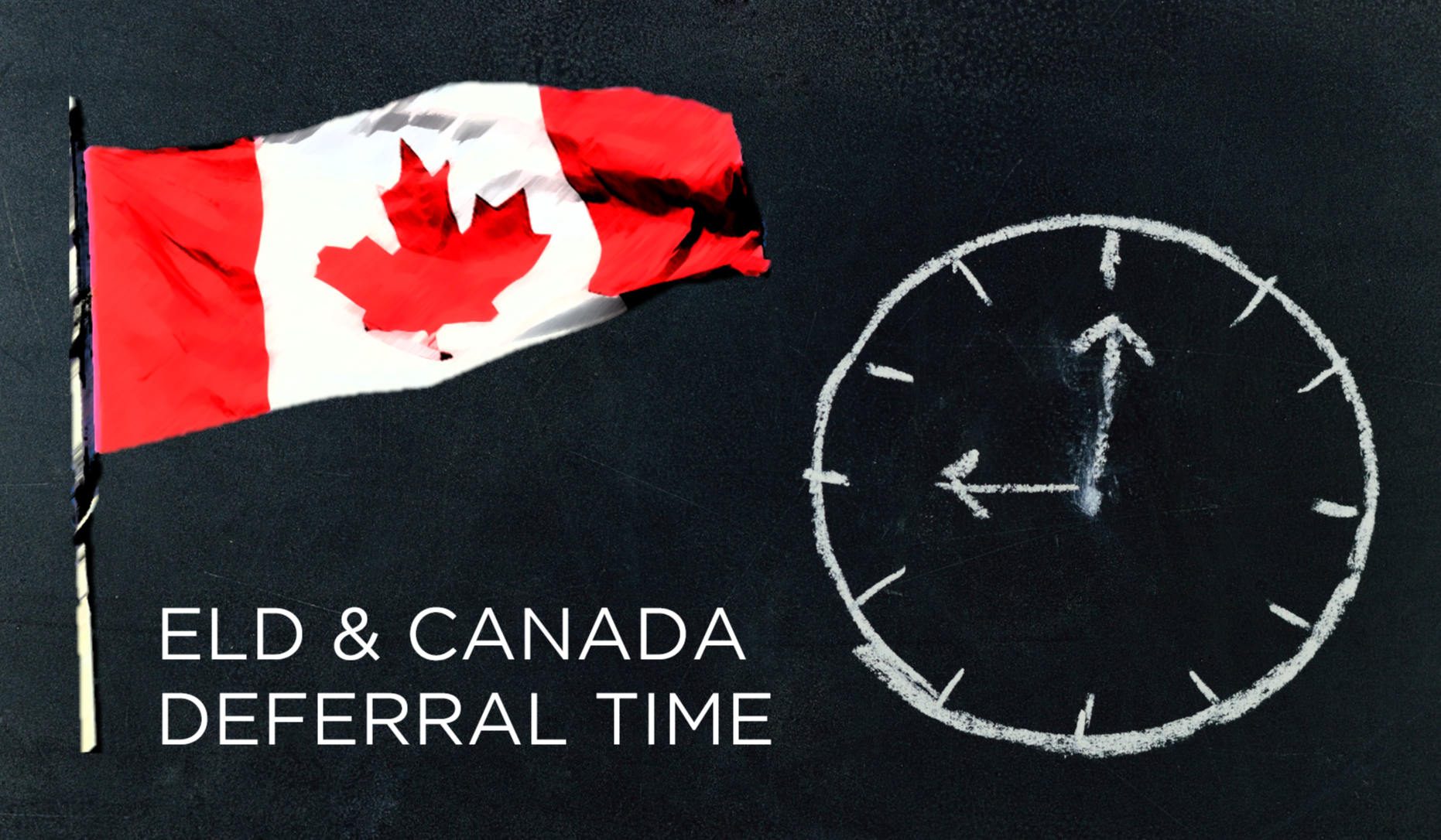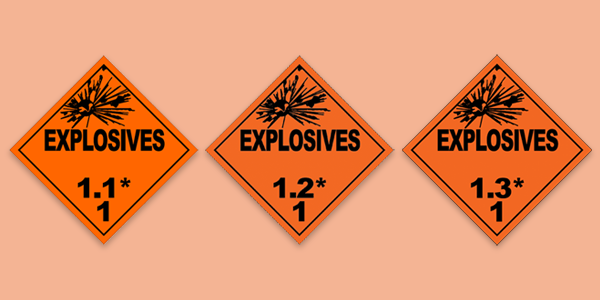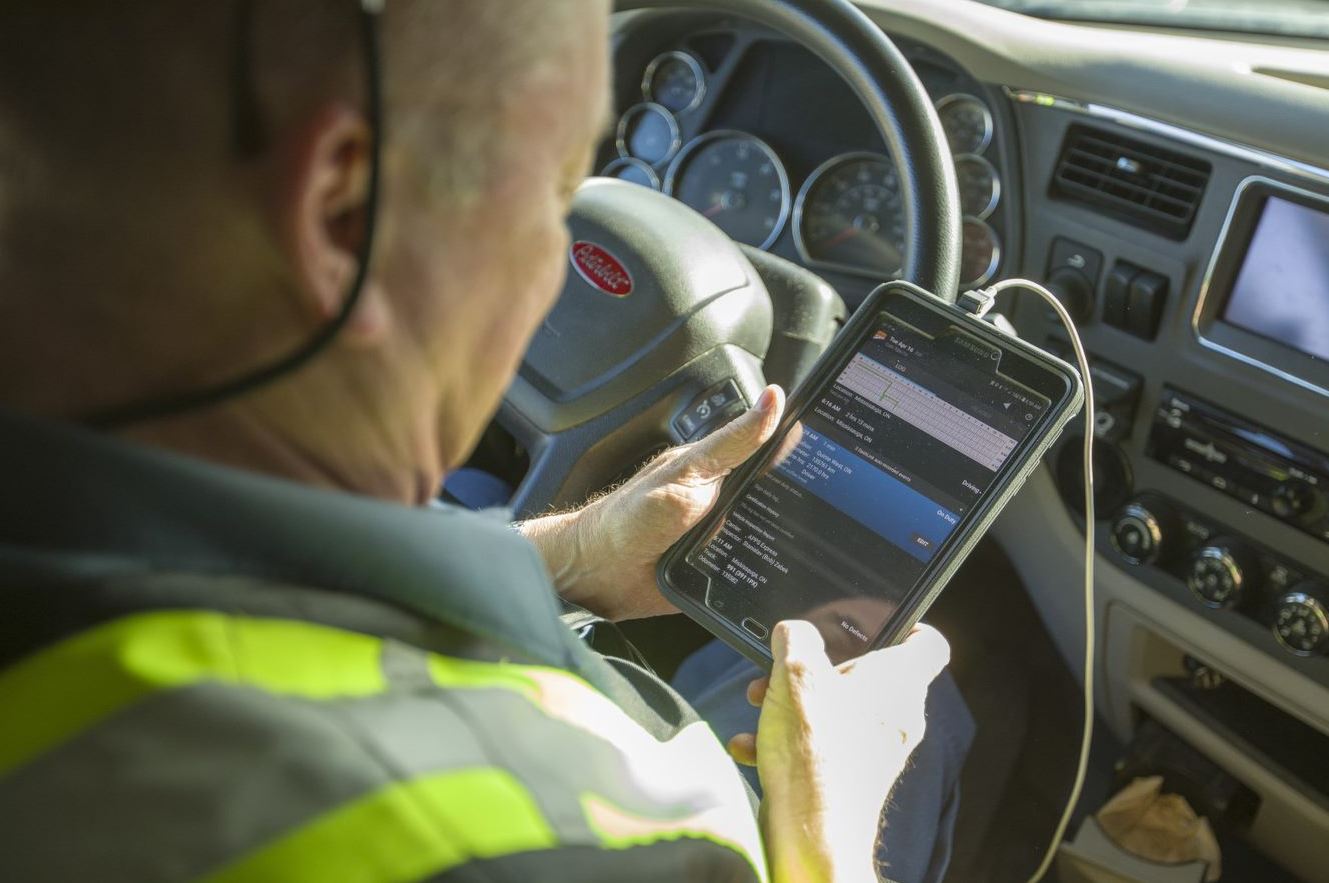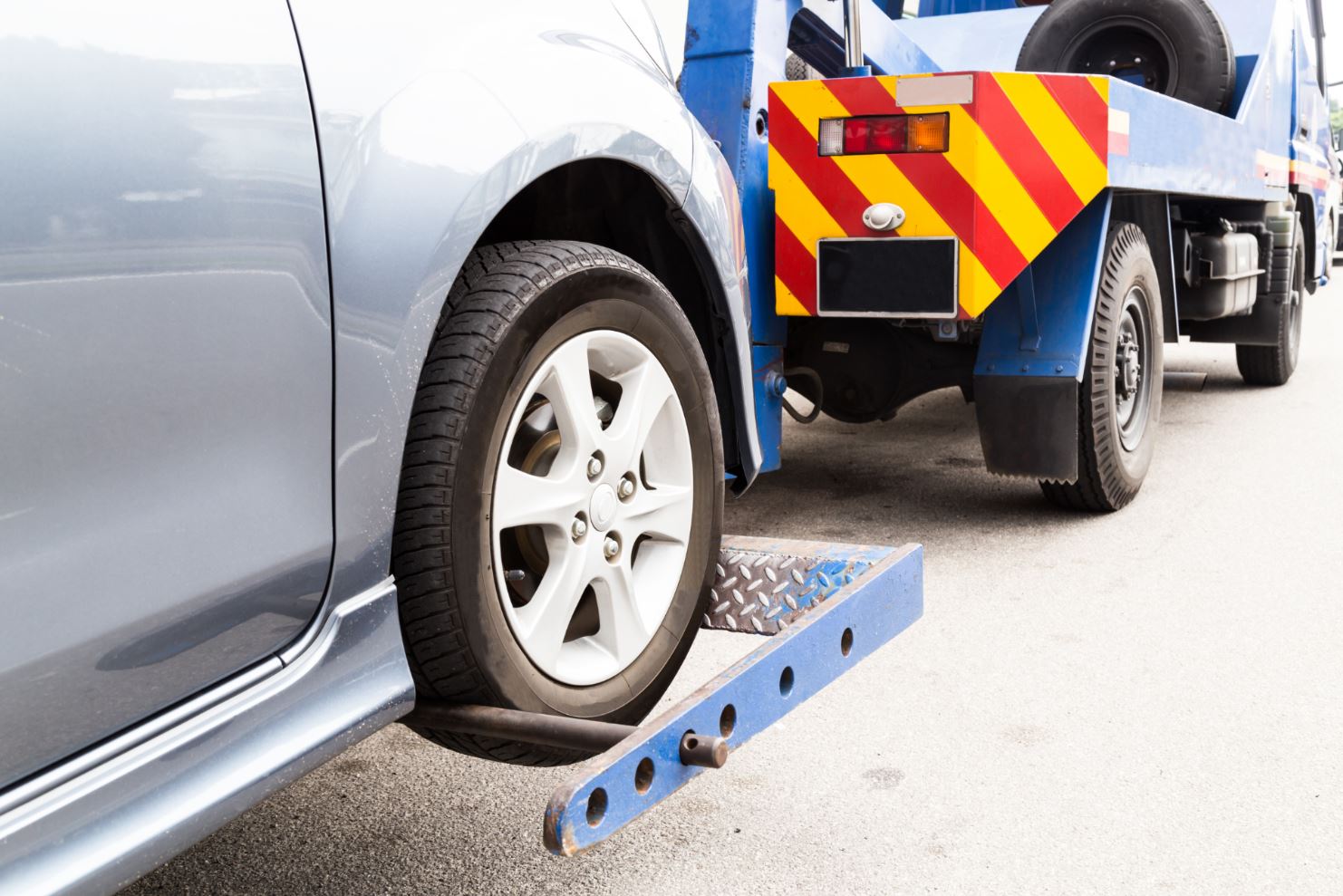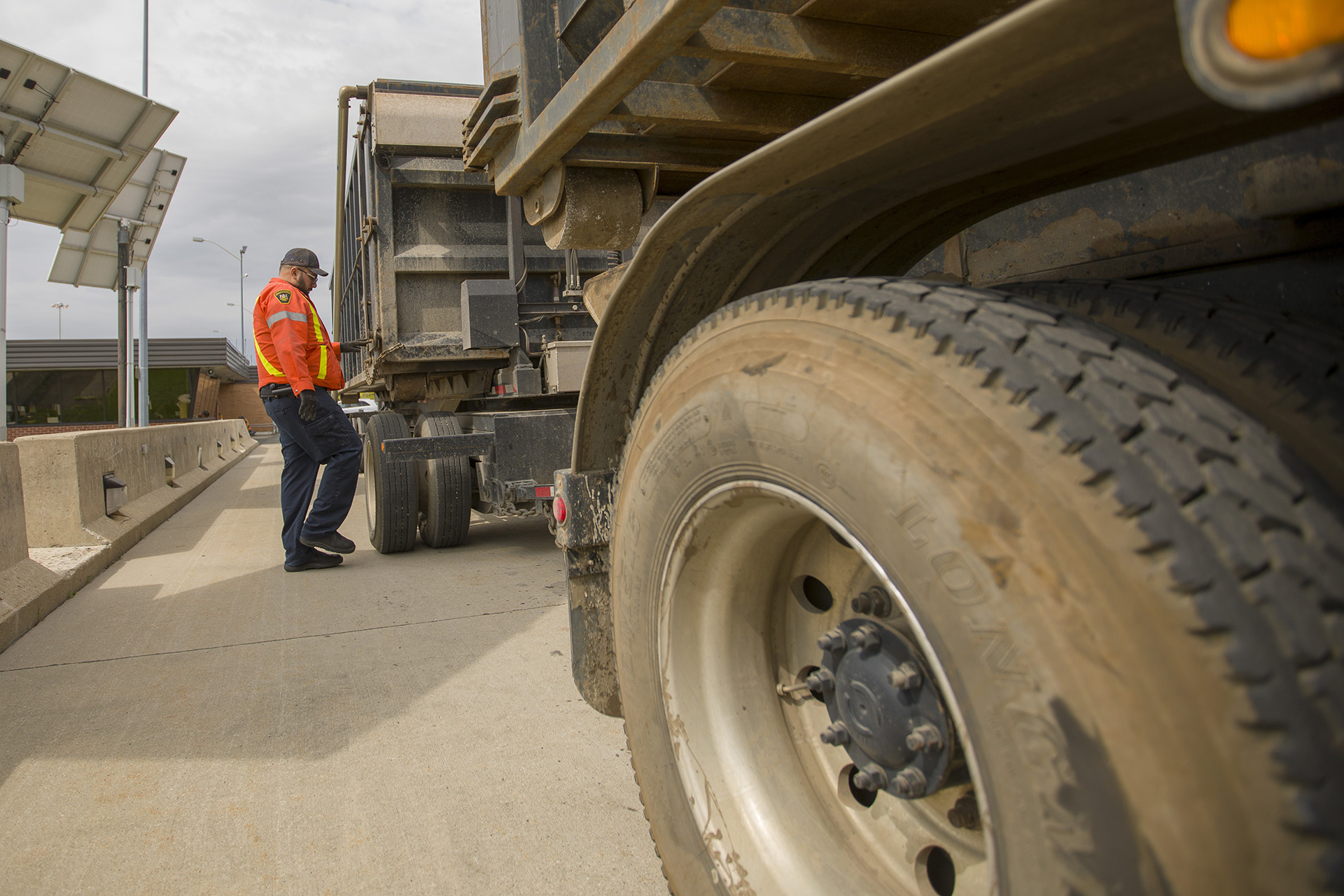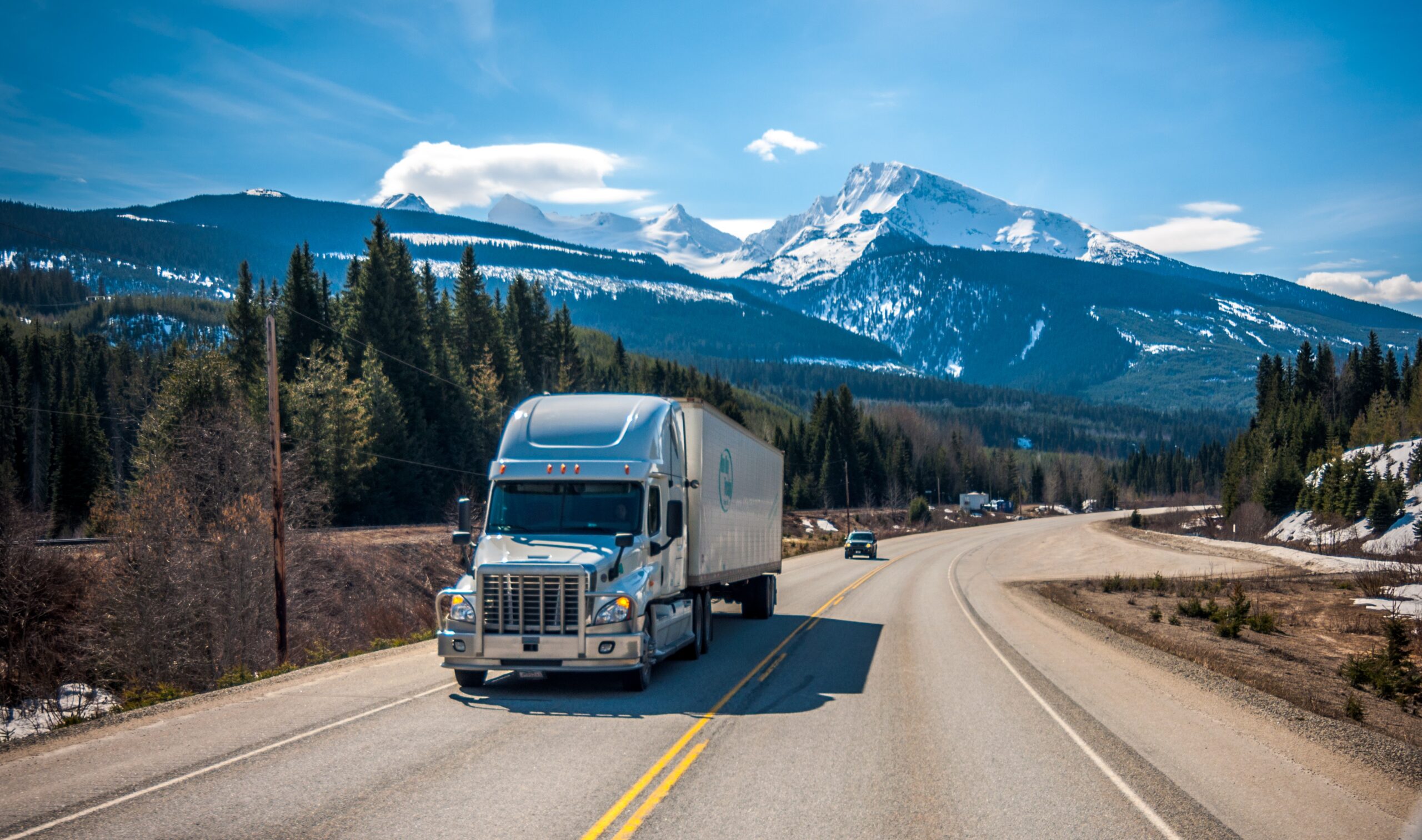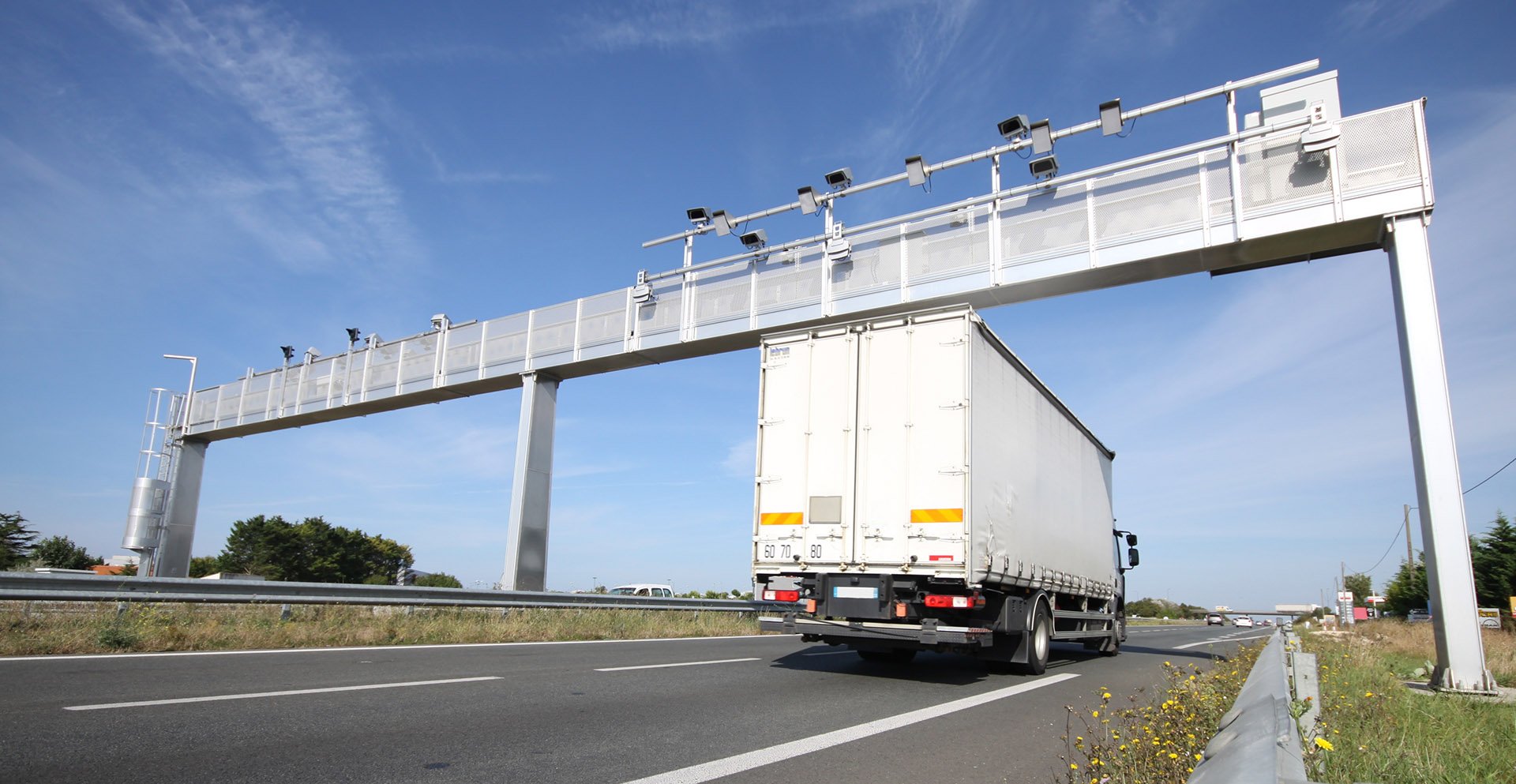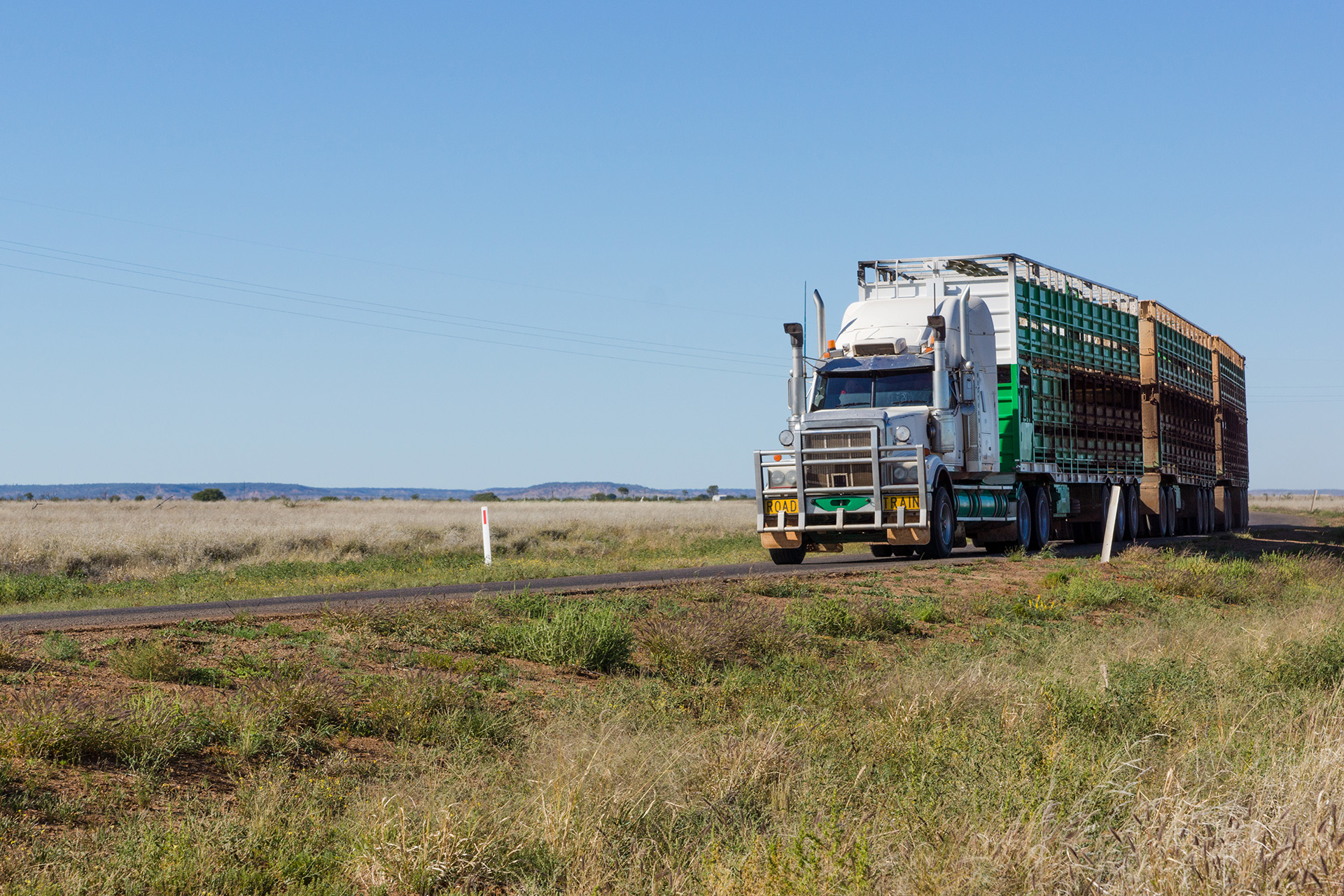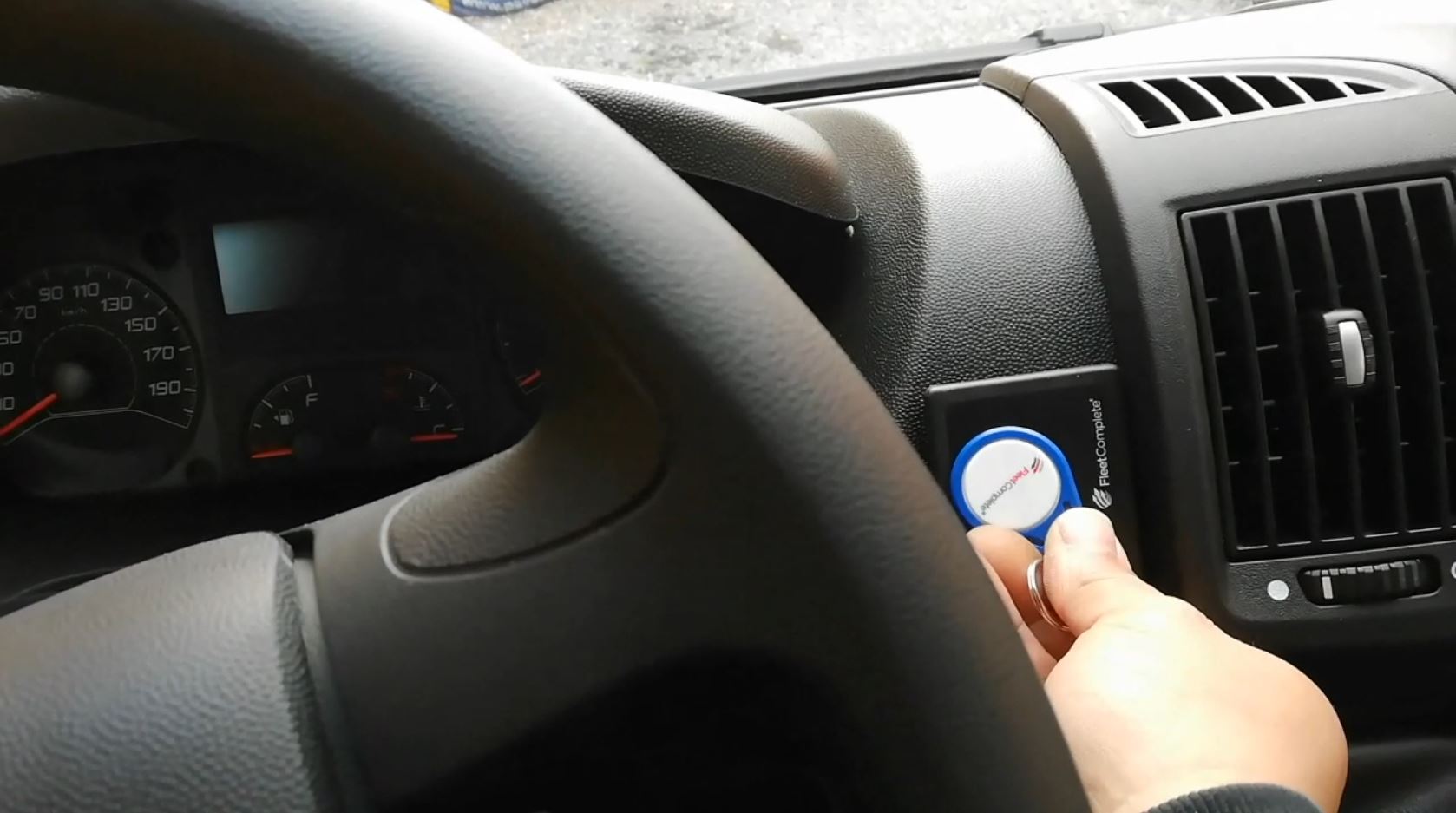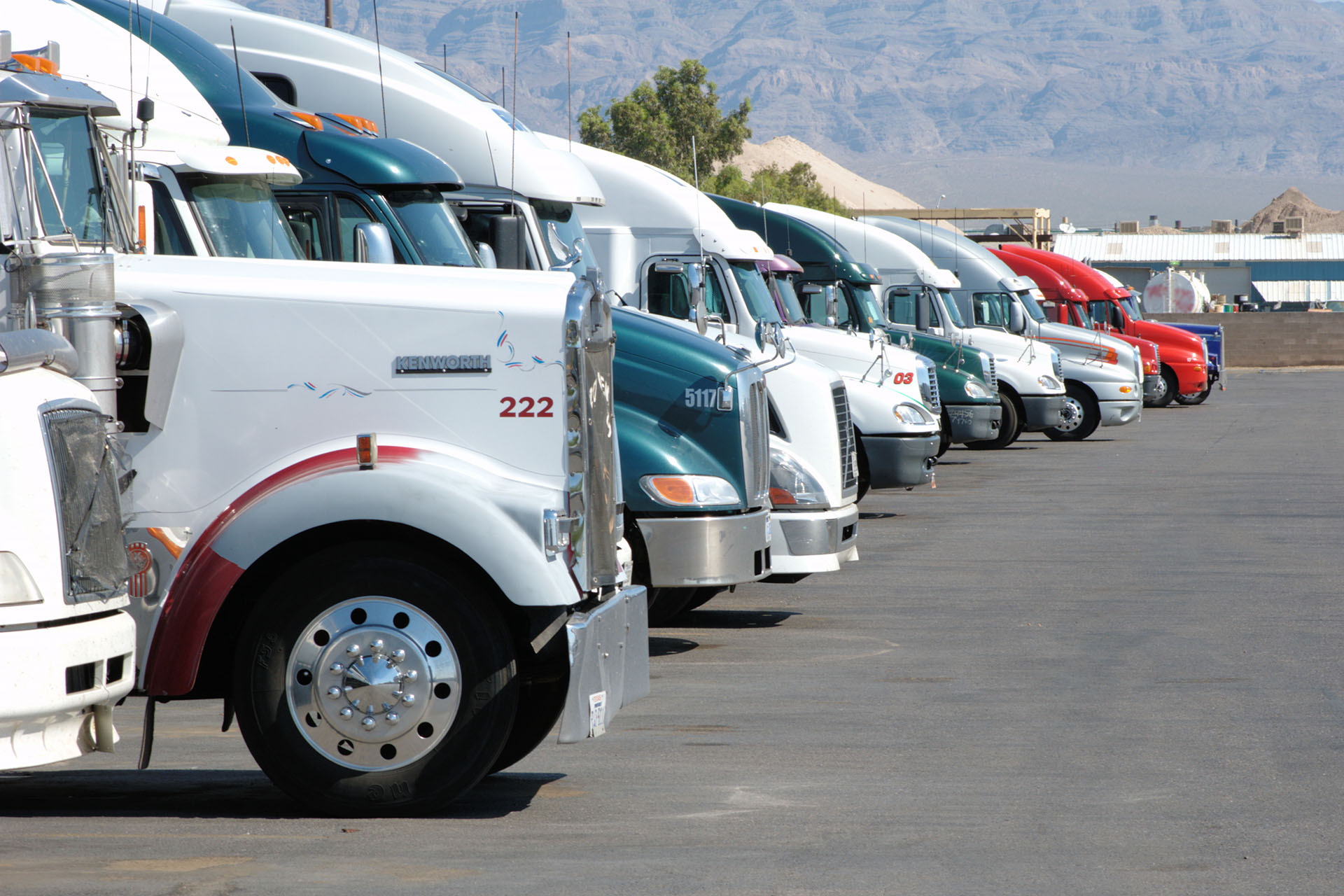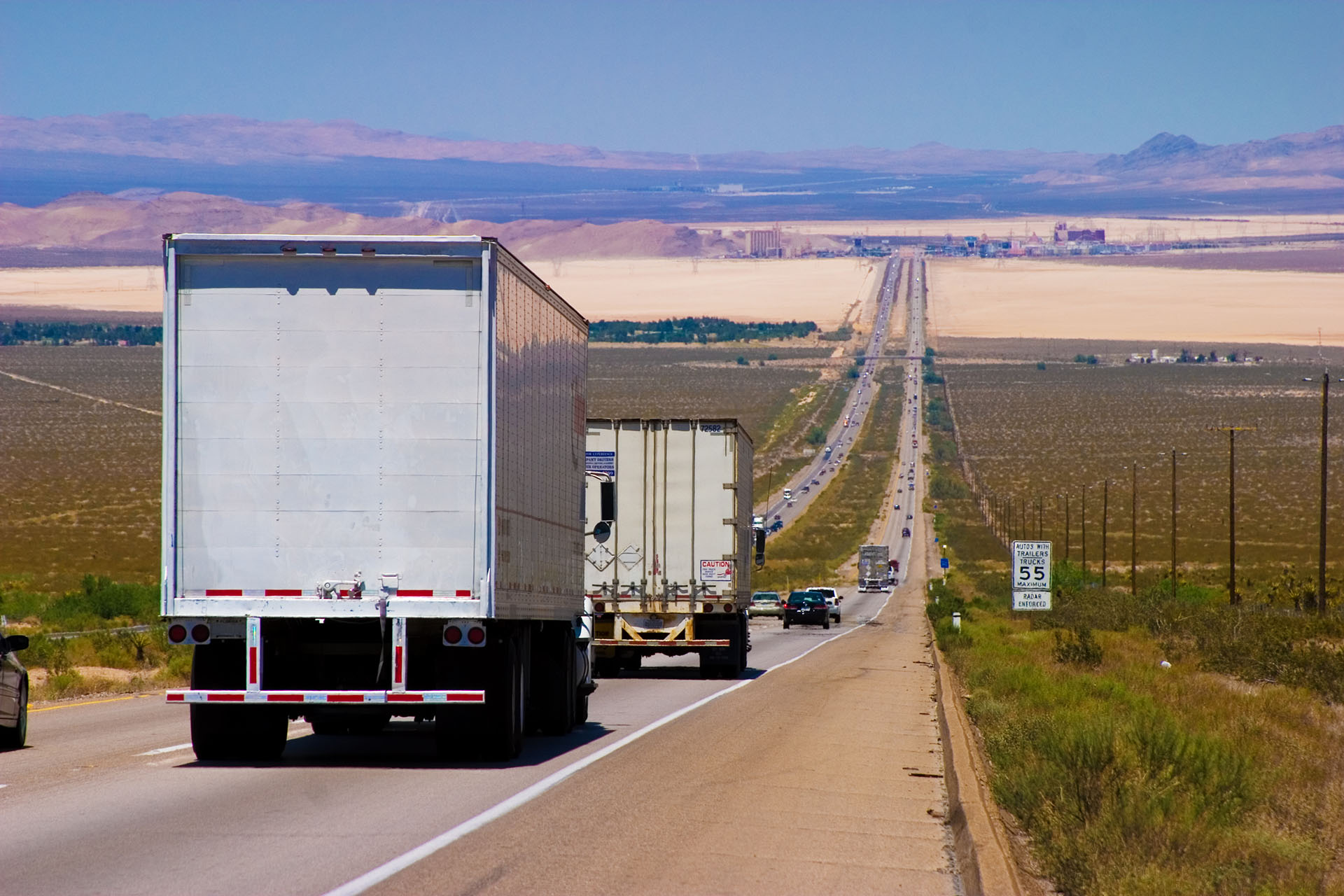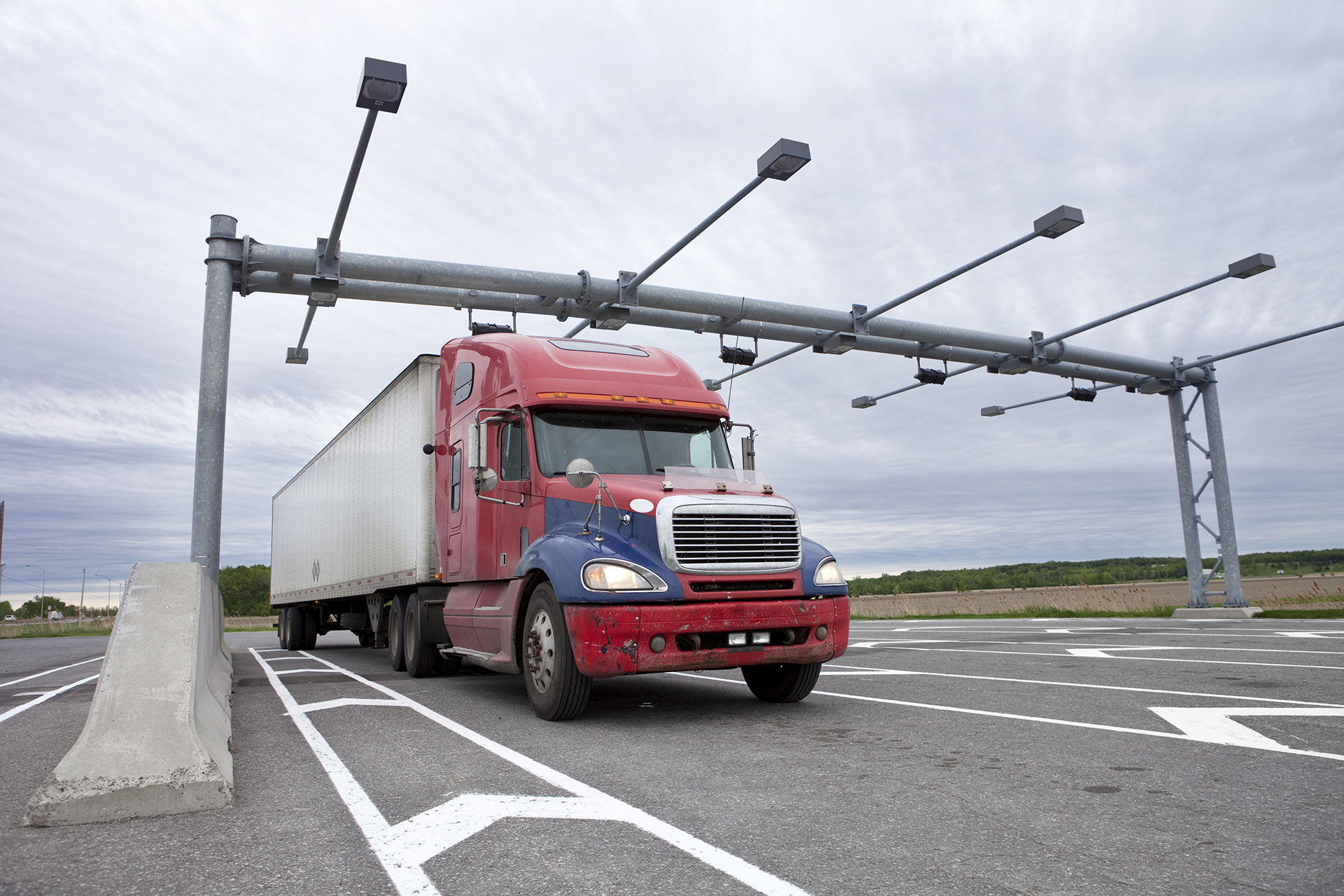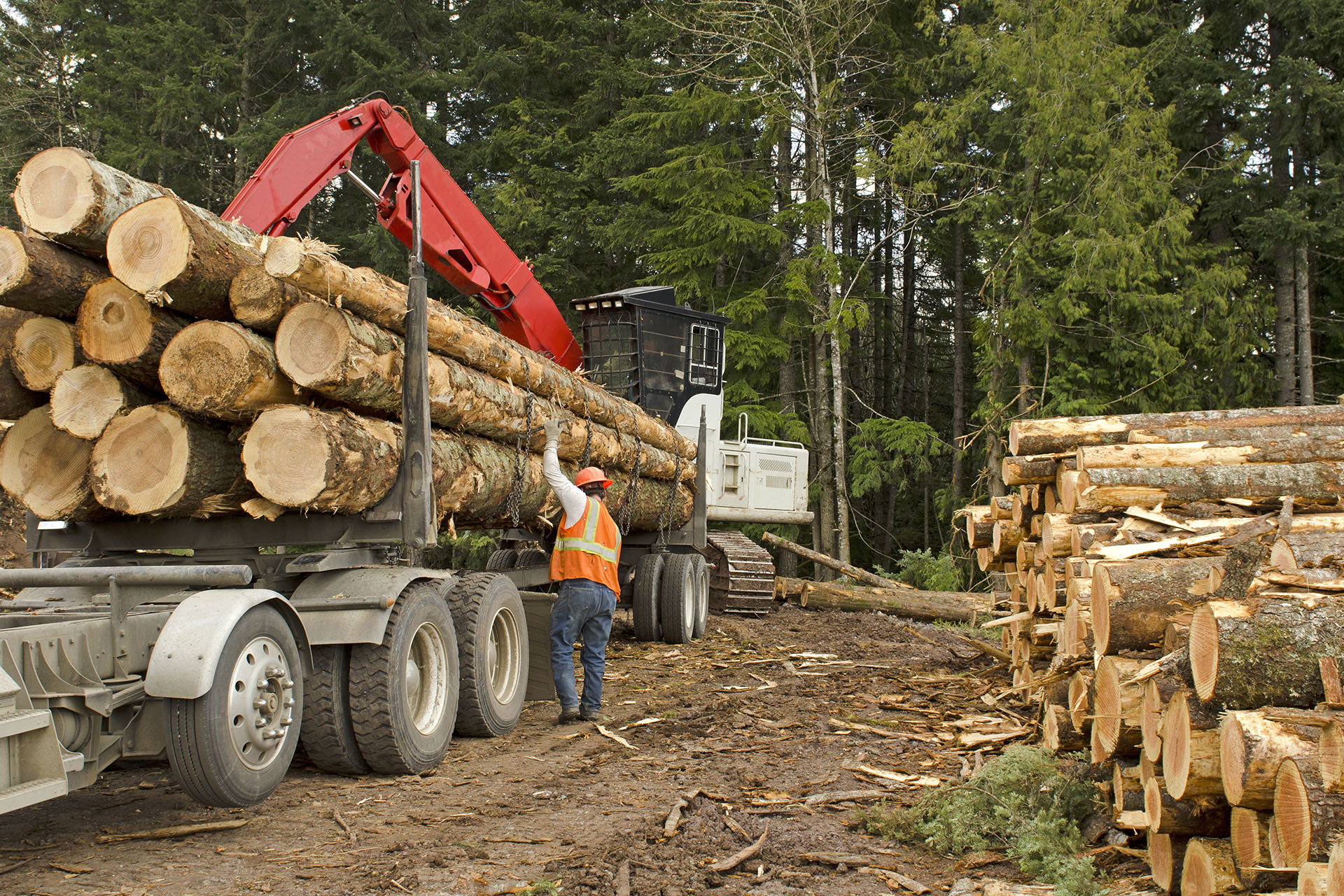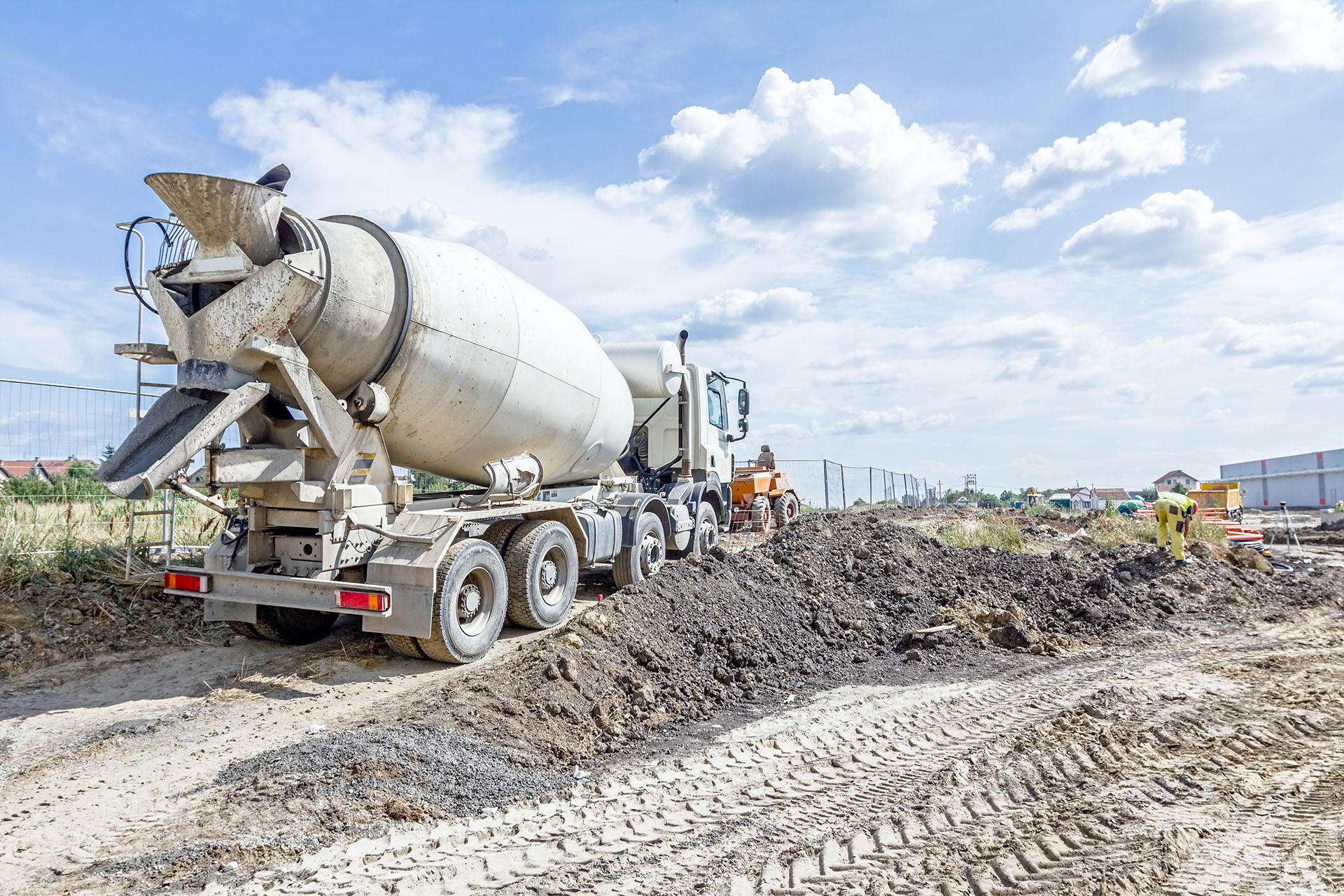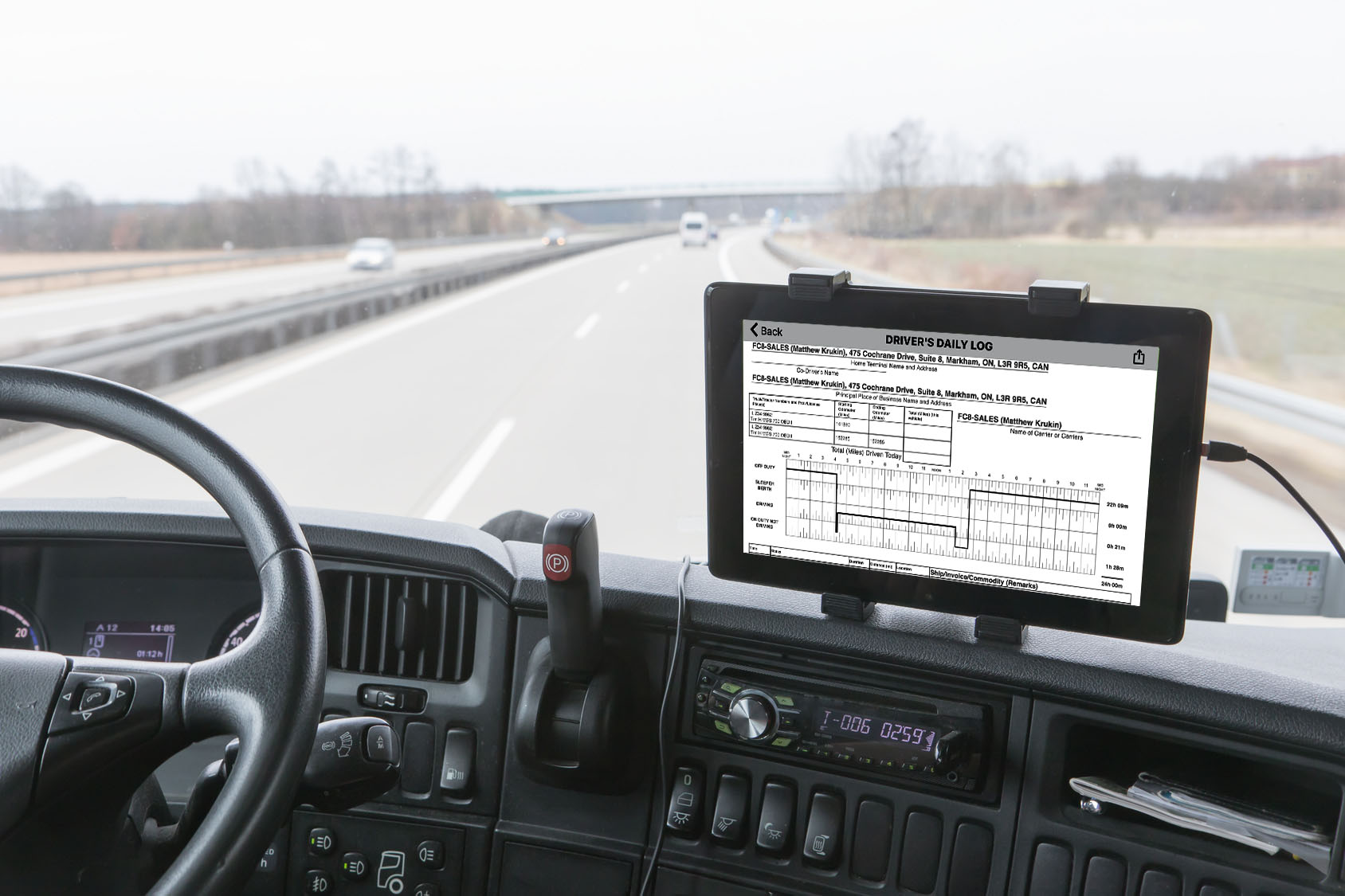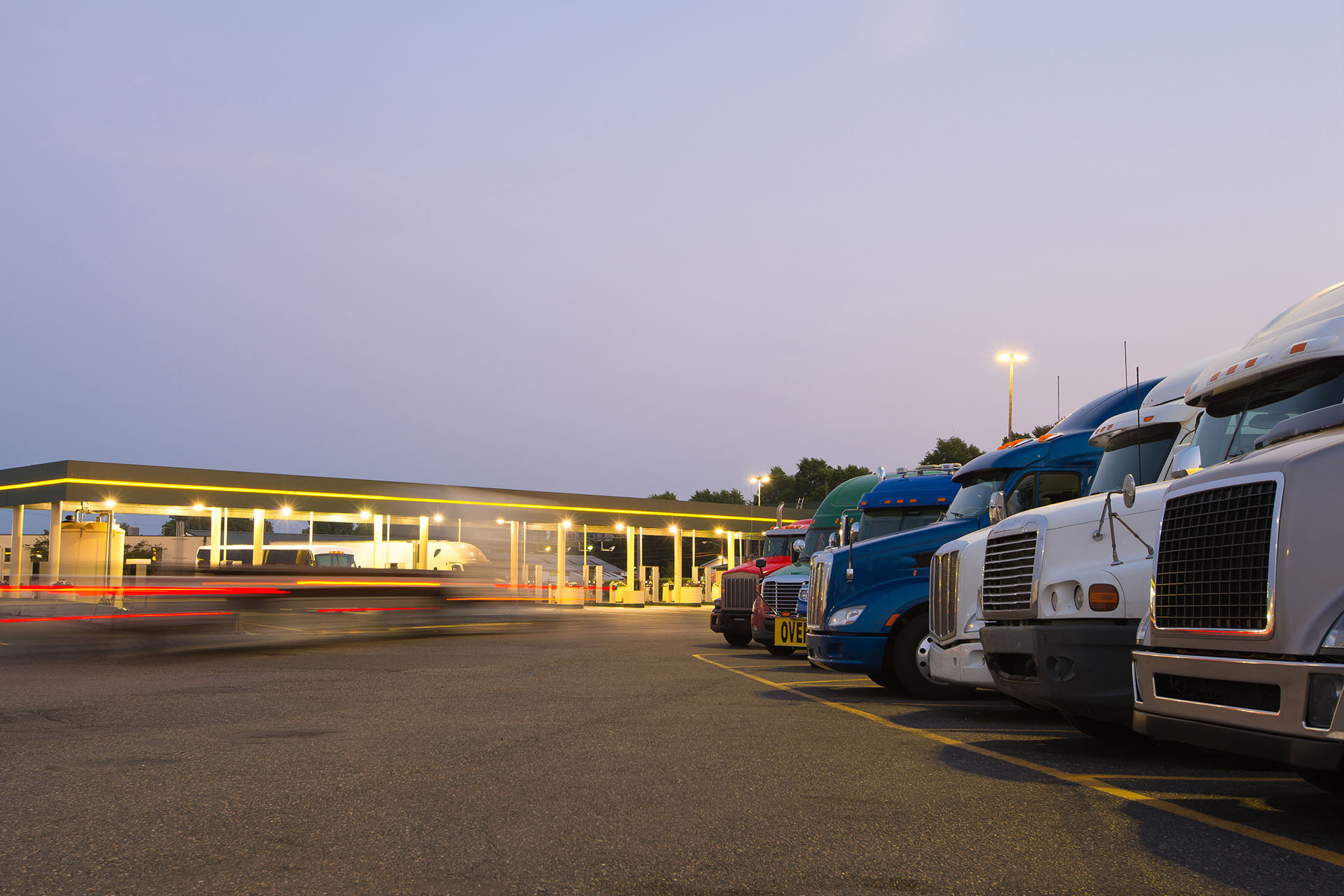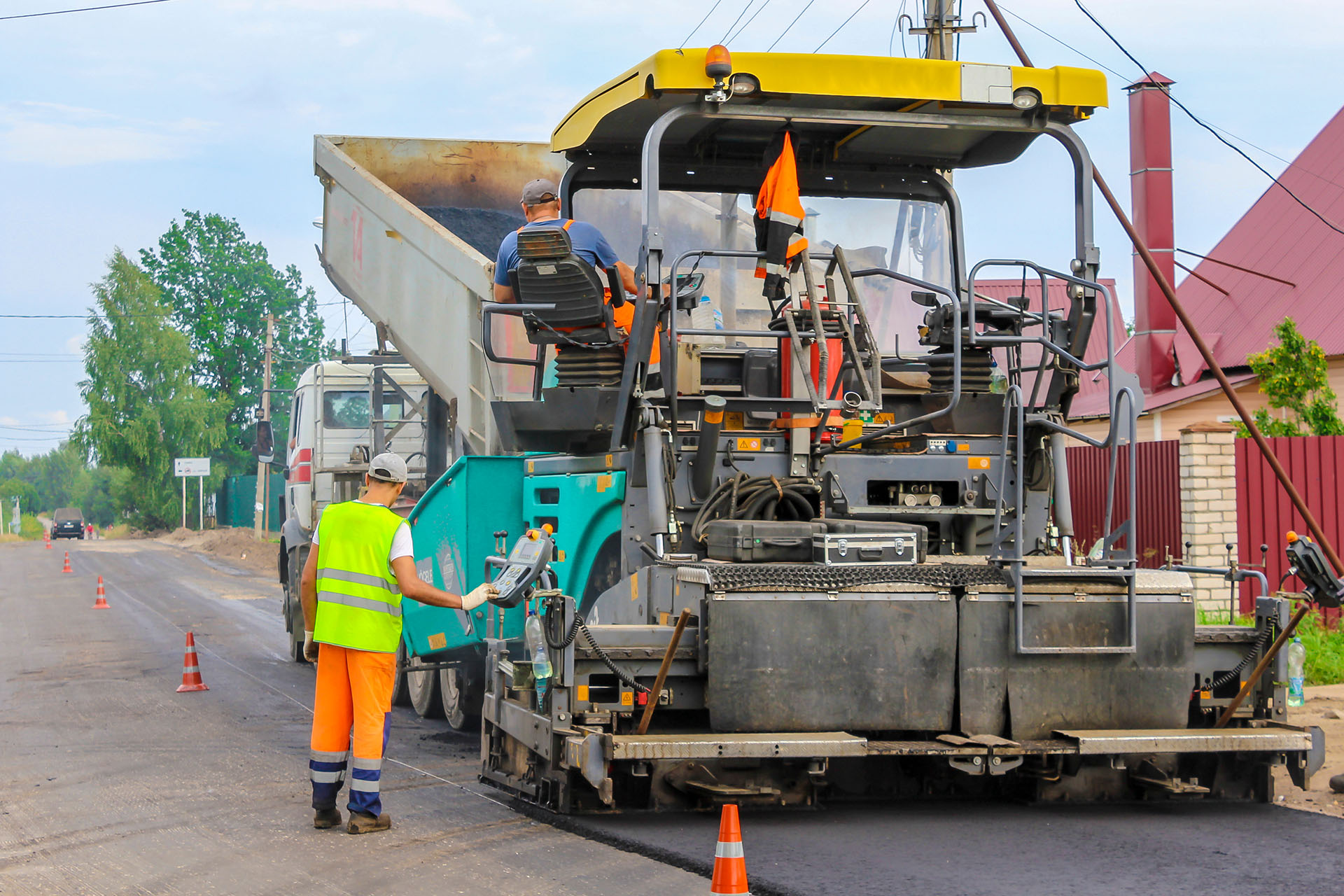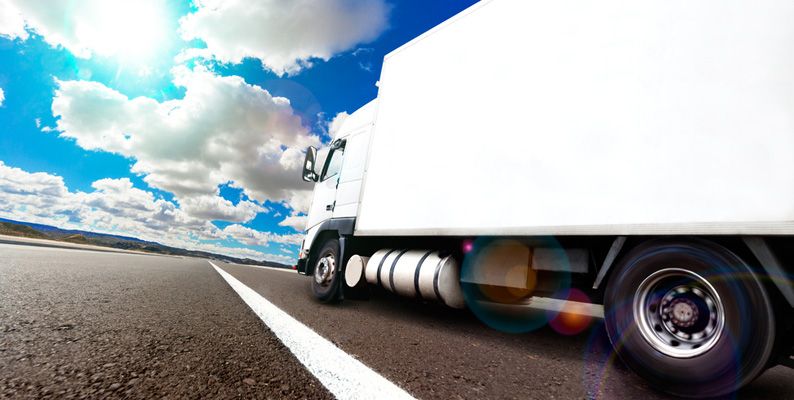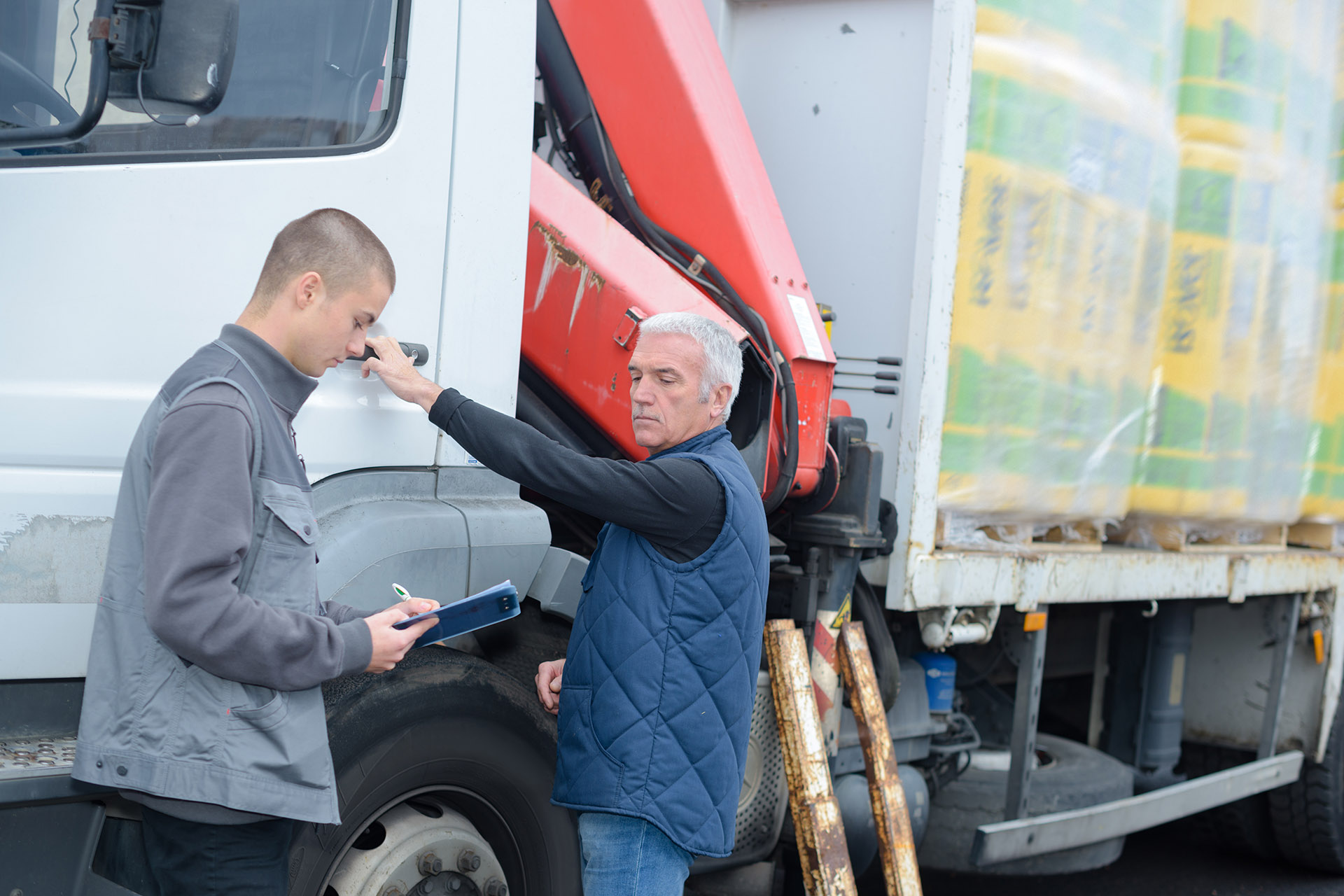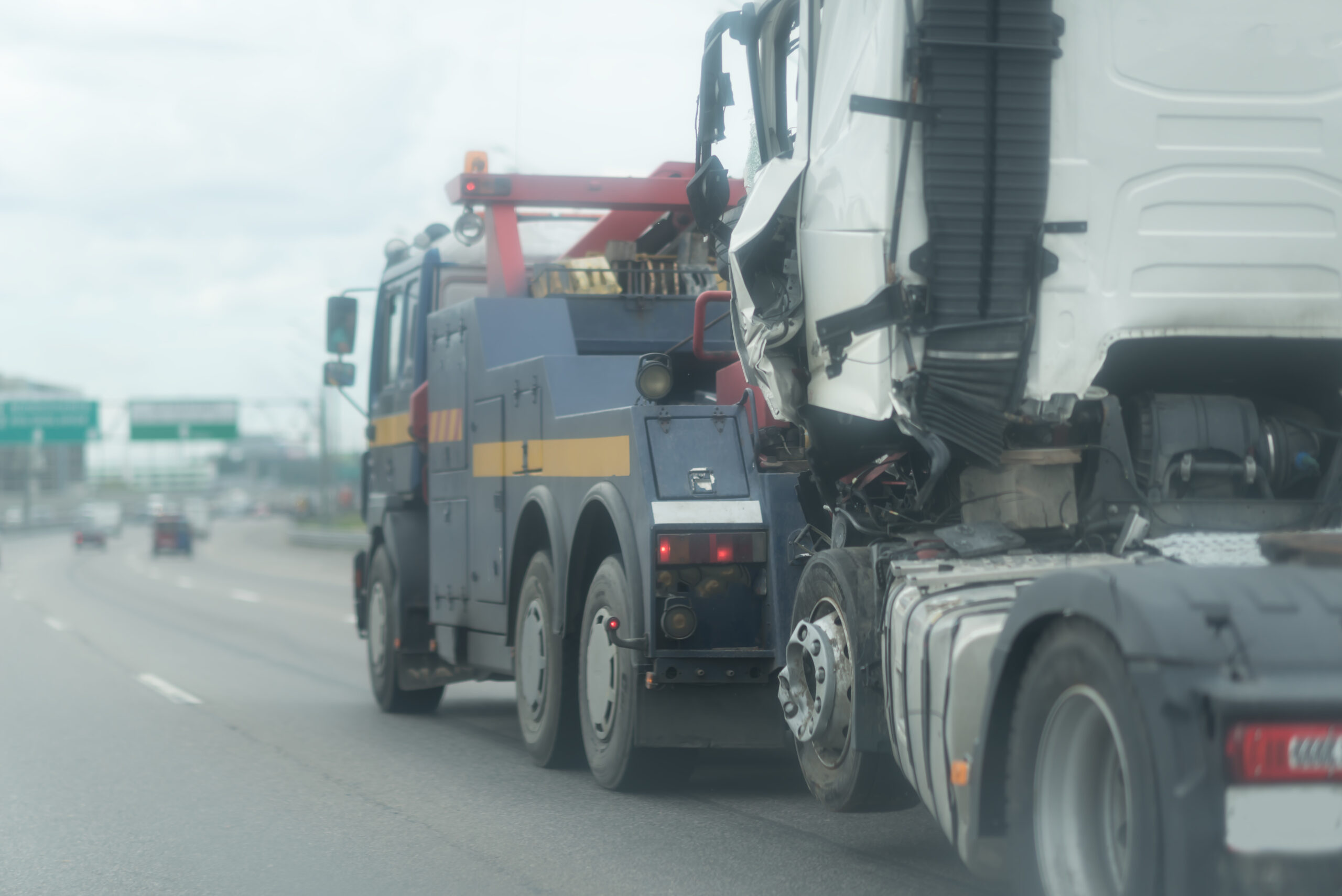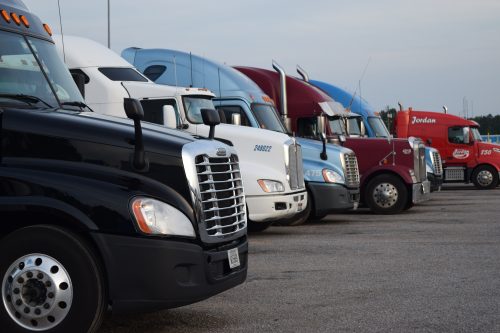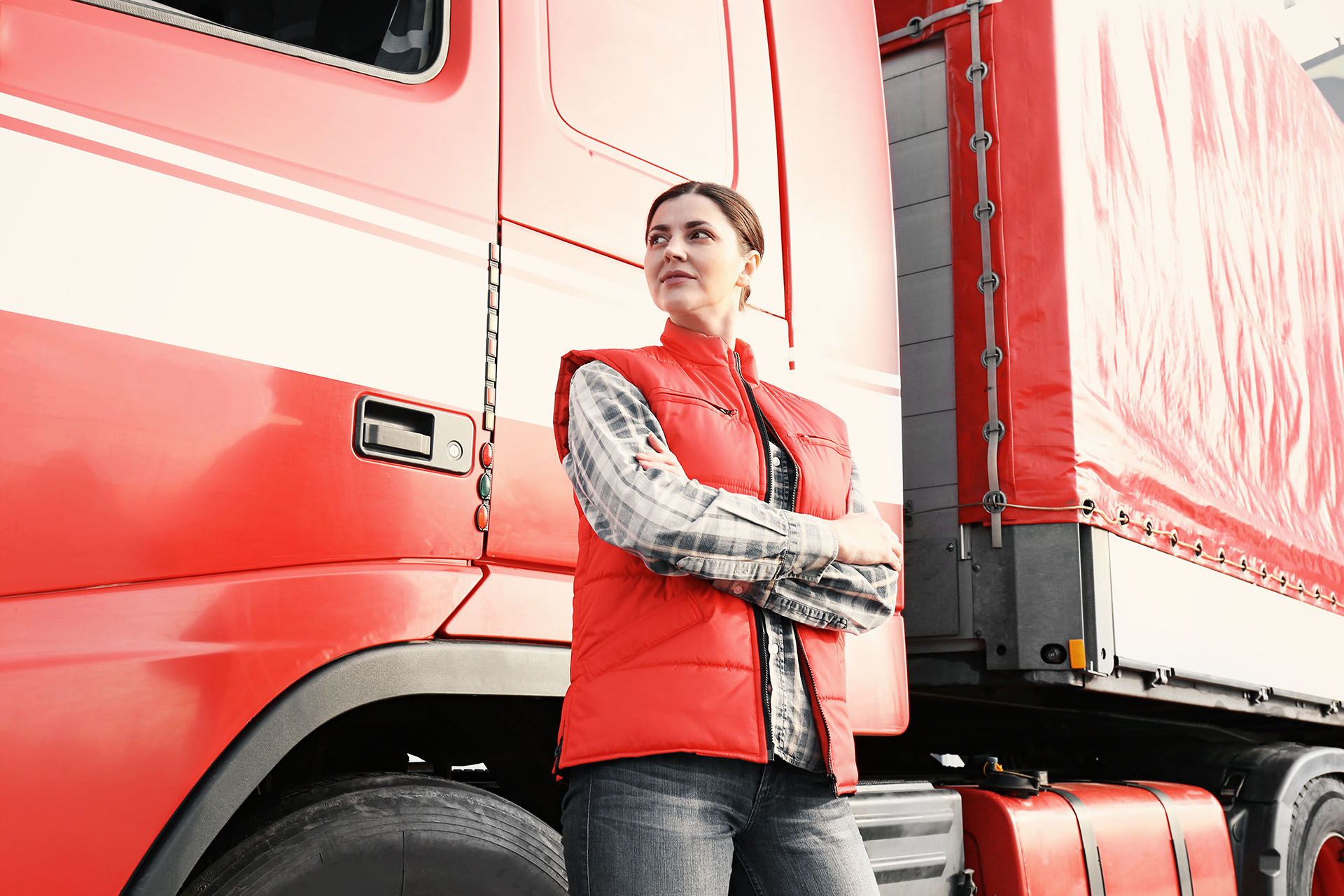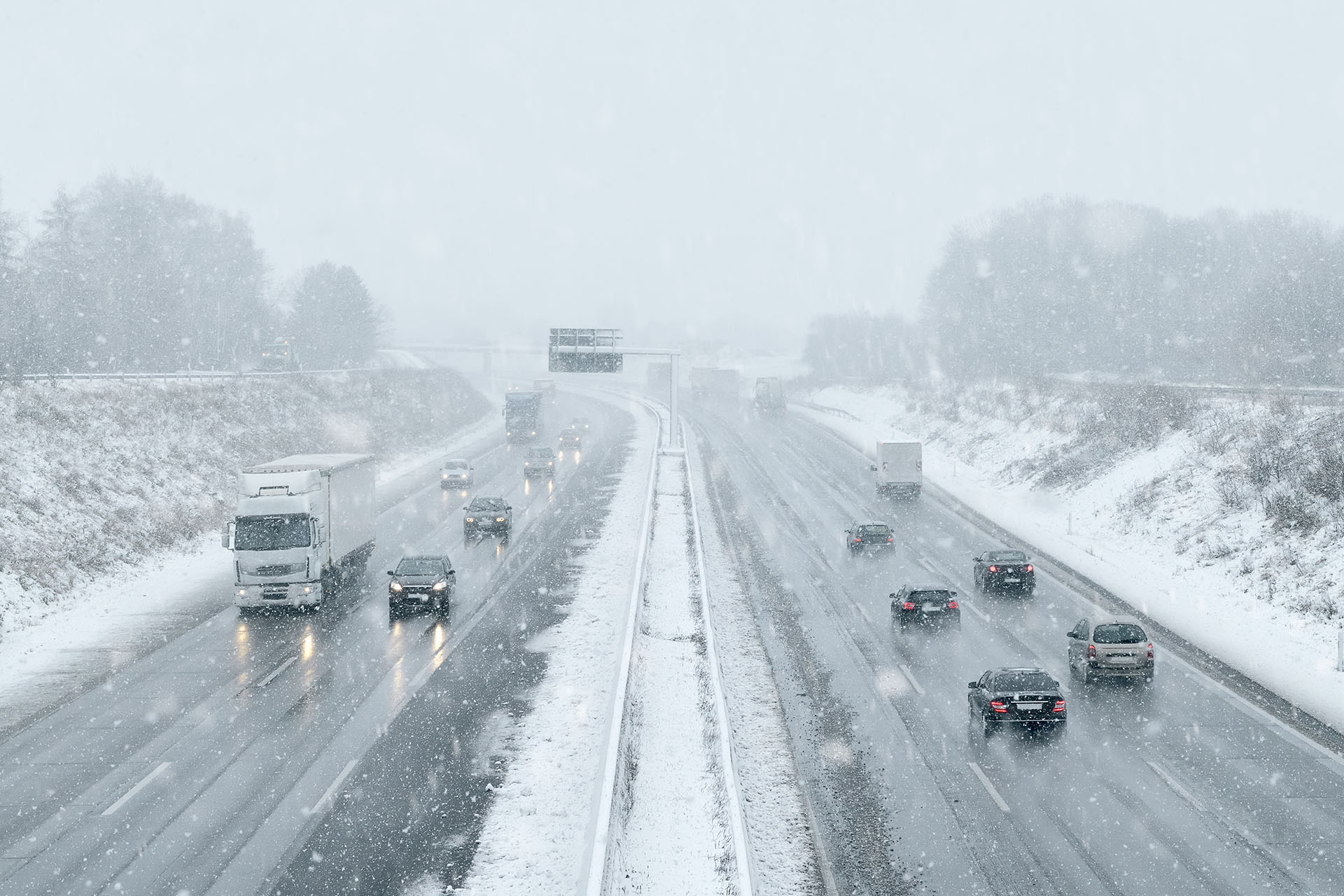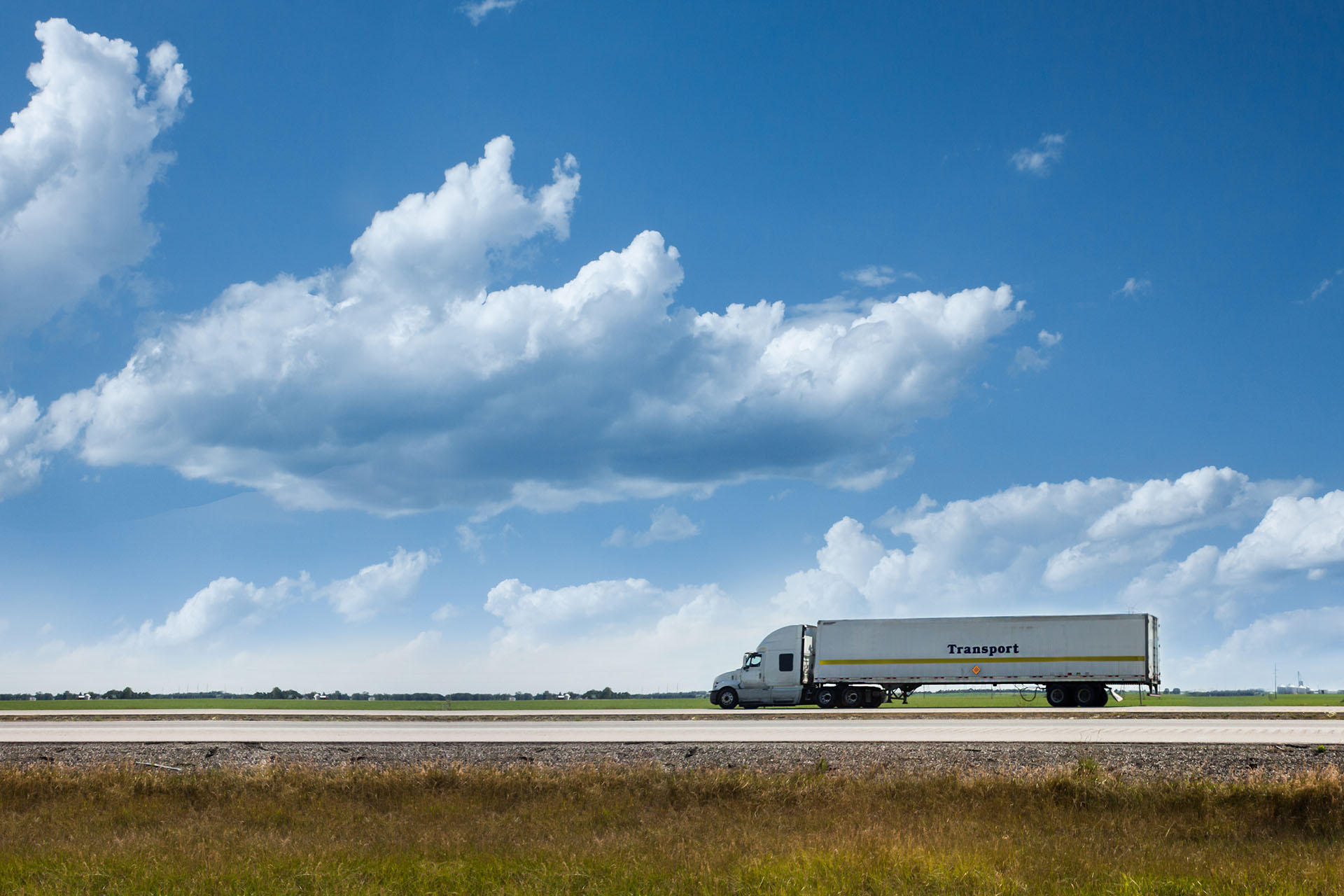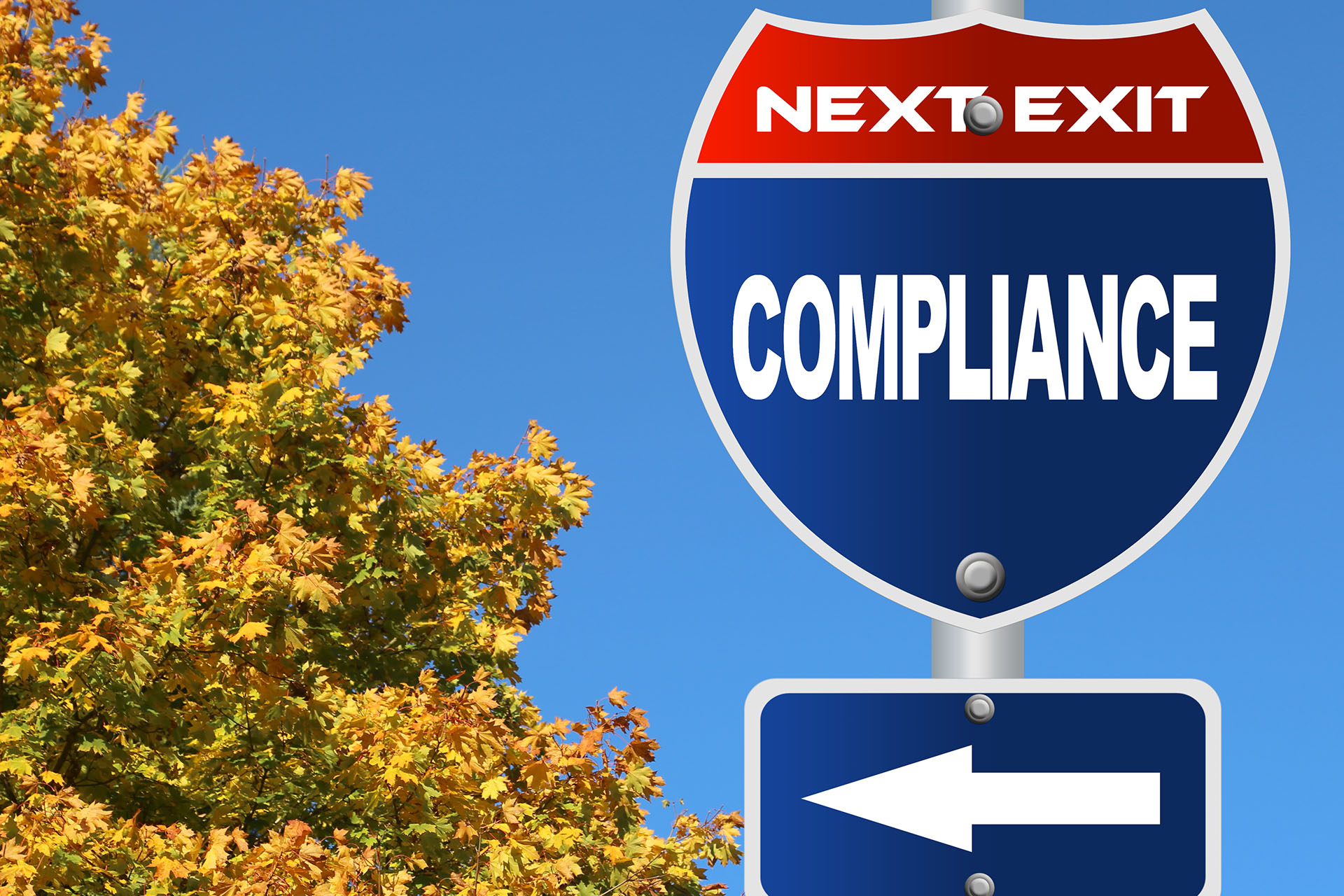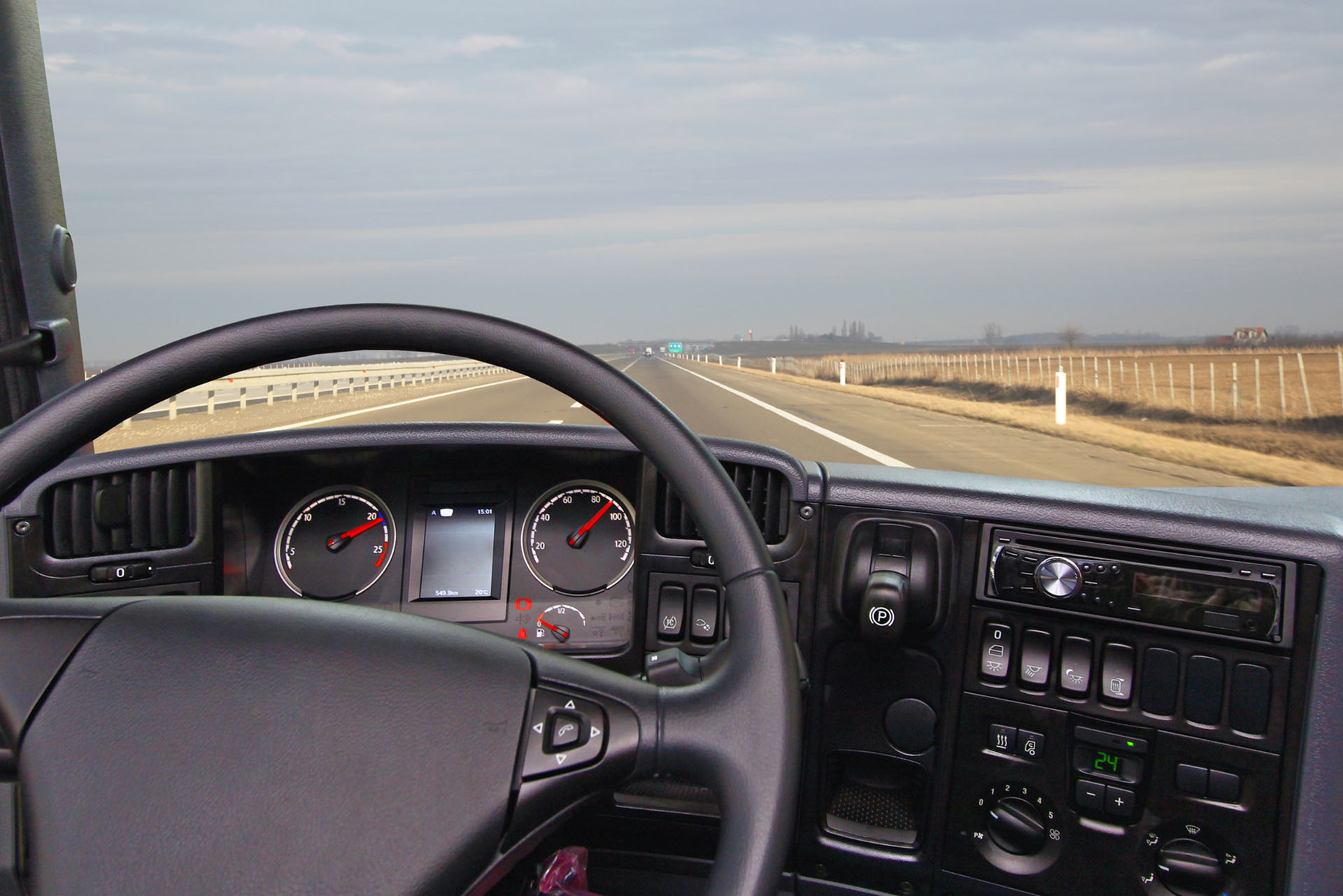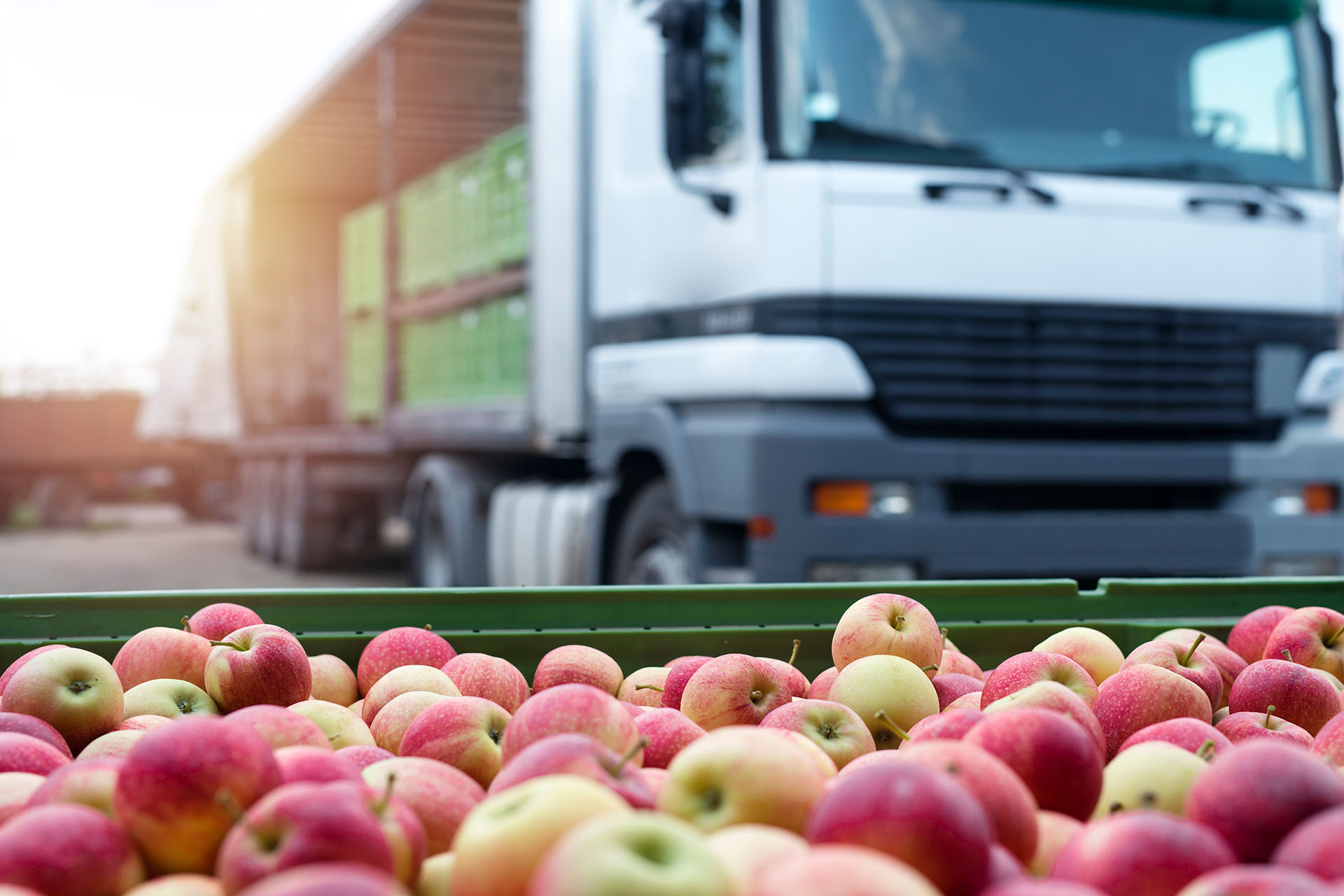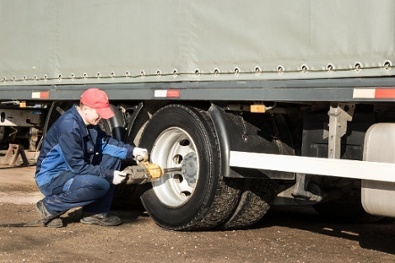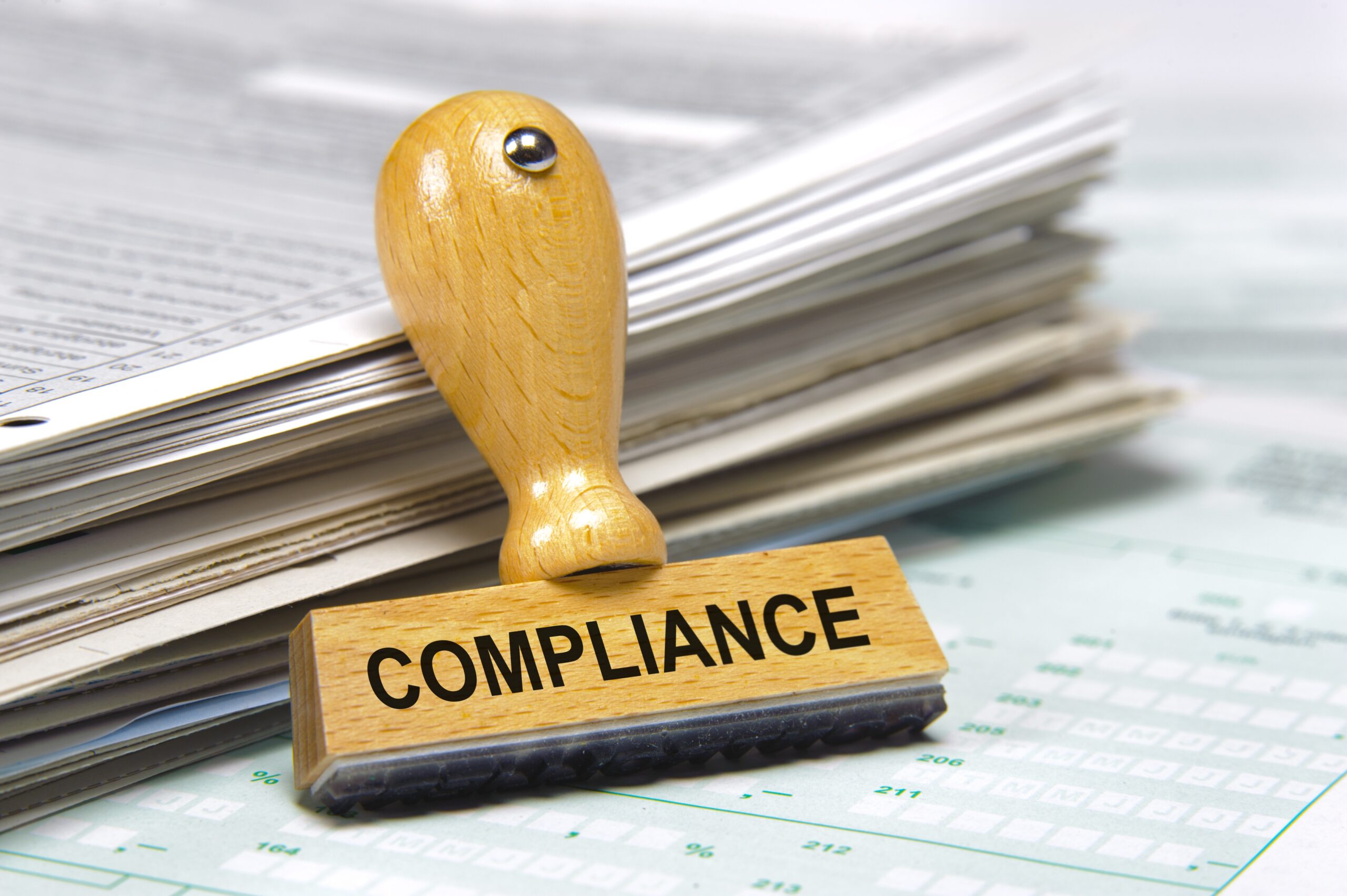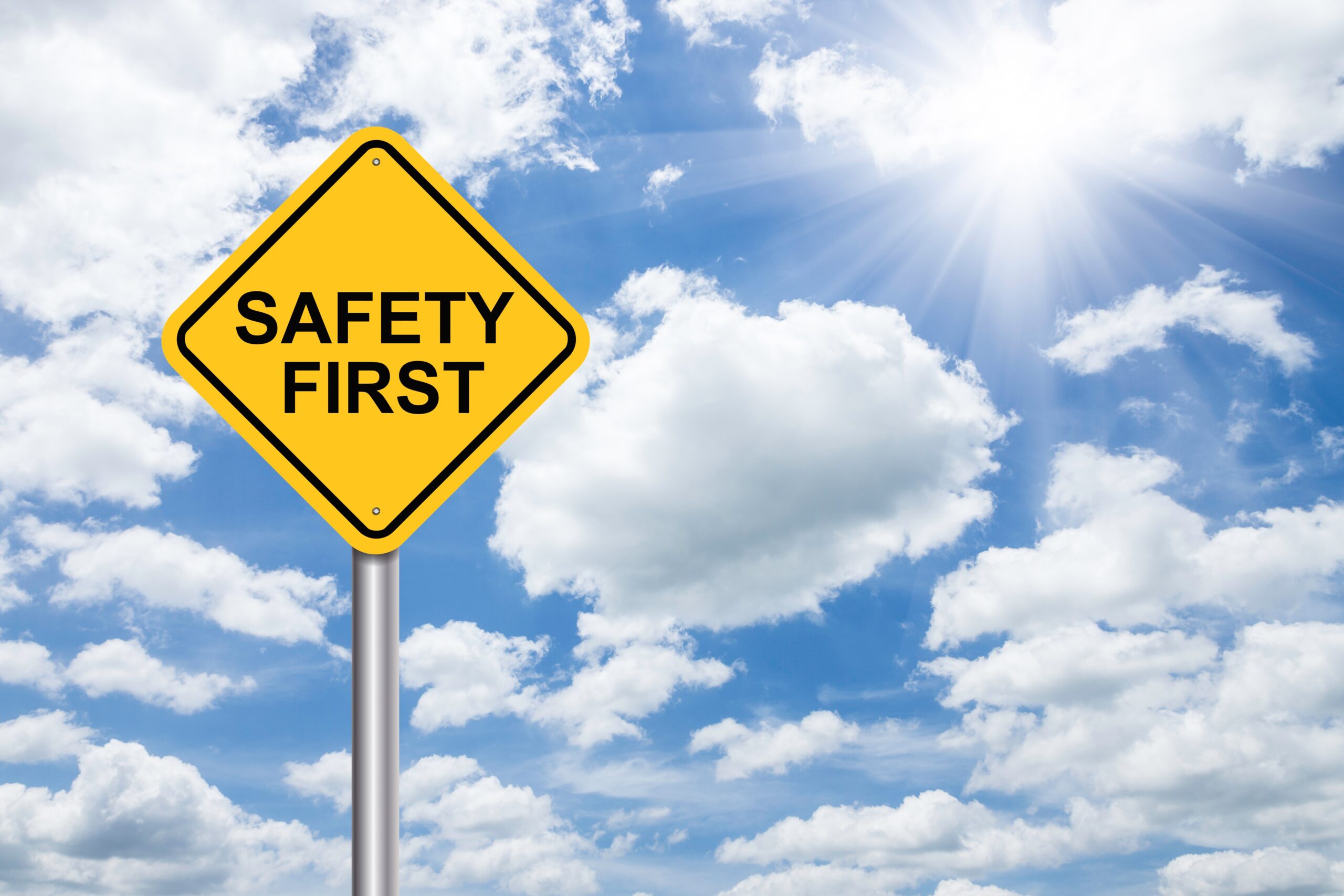Alert – The U.S. and Canadian governments recently announced that they will each be requiring non-citizen essential service providers, entering a respective country to be fully vaccinated for COVID-19.
In Canada, beginning January 15, 2022, truck drivers and other groups of travelers who were previously exempt from entry requirements will only be allowed to enter Canada with proof of full COVID-19 vaccination.
To meet the requirements of being ‘fully vaccinated’ to enter Canada, travelers must have received either two doses of the Pfizer, Moderna, AstraZeneca, Covaxin, Sinopharm and Sinovac vaccines; or one dose of the Janssen/Johnson & Johnson vaccine.
Beginning January 22, 2022, the United States Department of Homeland Security will require all foreign national travelers crossing U.S. land or ferry ports of entry to be fully vaccinated for COVID-19, and provide proof of vaccination.
These would be the same vaccination requirement that began in November 2021 for non-essential travelers entering the U.S.
To meet the requirements of being ‘fully vaccinated‘ to enter the U.S., travelers must have received either two doses of the Pfizer, Moderna, AstraZeneca, Covaxin, Covishield, BIBP/Sinopharm or Sinovac vaccines; or one dose of the Janssen/Johnson & Johnson vaccine.
To be considered fully vaccinated, you must have received the full series of a vaccine, or a combination of vaccines that is accepted by the U.S. and Canadian Governments at least 14 days prior to entering the country.
You can receive your vaccine in any country, and must upload proof of vaccination in English or French into ArriveCAN when travelling to Canada.
If the proof of vaccination is not in English or French, you will be required to provide a certified translation in English or French.
You must bring proof with you when you travel that includes text with the vaccinations and dates received.
You must also comply with all other measures under the OICs, including pre-entry testing (unless exempt) and a suitable quarantine plan.
The expanded list of COVID-19 vaccines and the definition of what is considered fully vaccinated will also be applied to the national vaccination requirements for the federally regulated transportation sectors.
New ArriveCAN requirements for Essential Service Providers
Effective November 30, 2021, all exempt essential service providers will be required to identify their vaccination status in ArriveCAN, regardless of whether or not you are allowed to enter as unvaccinated.
ArriveCAN will prompt you to provide details on their vaccine(s), including manufacturer, country received and date received, and to upload their proof of vaccination.
An exempt essential traveler include those travelling as/for:
- Most essential service providers (including most temporary foreign workers, emergency service providers and marine researchers);
- Cross-border work (e.g., you regularly cross the border to work);
- Medical and health care support (e.g., health care practitioner, to receive medical care, or to transport medical equipment or supplies);
- Trade and transport (e.g., truck driver or crew member on any aircraft, shipping vessel, or train); and
- People who live in integrated trans-border communities.
If as an exempt essential traveler you previously created a reusable ArriveCAN receipt, you will be required to either download the latest version of the free ArriveCAN mobile app or sign into the web version after November 30, 2021, and re-submit all of their information, including the newly required information on proof of vaccinations, to get a new exempt reusable ArriveCAN receipt.
Once an exempt traveler creates a new reusable receipt, the receipt can be used for subsequent trips.
Until January 15, 2022, if an exempt essential traveler is not vaccinated, you will still be able to get an ArriveCAN receipt.
After January 15, 2022, you must be fully vaccinated to get an ArriveCAN receipt.
As of this date, most travelers who are currently exempt from quarantine will need to be fully vaccinated to enter Canada.
You will also be required to upload their proof of vaccination in ArriveCAN.
For more information on these new border and travel measures, including new ArriveCAN requirements, please go to the Adjustments to Canada’s border and travel measures Backgrounder.






